Tag: English
Welcome to the T&LC Blog / Bienvenidos al Blog del T&LC
Read about the latest events on campus in teaching and learning and take advantages of the different resources this blog offers. Here you will find ideas to support your teaching practices and at the same time you can share your experiences. We would love to listen from you, what you are doing and how it is working. You voice is important to us. Join our teaching and learning world by commenting and attending upcoming events. All in all, use our blog to get improvement and help others to improve. In addition this blog is bilingual (English – Spanish). Take advantage of it!
Infórmense acerca de los últimos eventos que ocurren en la Universidad en el ámbito de la enseñanza – aprendizaje y aproveche de los diferentes recursos que el blog le ofrece. Aquí encontrarán ideas para respaldar sus actividades de enseñanza y al mismo tiempo pueden compartir sus experiencias. Nos encantaría saber de ustedes, lo que están haciendo, y cómo les está funcionando. Su voz es importante para nosotros. Únanse a nuestro mundo de la enseñanza-aprendizaje comentando y asistiendo a los eventos programados. Con todo, visiten nuestro blog para mejorar y para ayudar a otros a mejorar. Además este blog es bilingüe (inglés – español). APROVÉCHENLO!
Summer Coffee Group
What is your favorite Assessment?
Favorite Assessment?
Tell us about your favorite kind of assessment your professor/s applied in the classes and you liked a lot. (It can be formal or informal assessment).
Share with us about your favorite kind of assessment you really like to apply with your students. (It can be formal or informal assessment).
Powerful Teachers
The 4 Properties of Powerful Teachers
This is a great article published in The Chronicle of Higher Education on April 3, 2015, Volume LSI, Number 29, page A31, by: Rob Jenkins.
According to Jenkins, four qualities that all Powerful Teachers possess are:
Personality
Great teachers tend to be good-natured and approachable; professional without being aloof; demanding without being unkind; natural; and tremendously creative.
Presence
The unmistakable capacity some people have to “own any room”. We might call it charisma, but it’s more than that. Yet the best teachers, as Lang concluded, are always “present” connecting with both their subject matter and their students.
Preparation
Preparation occurs on three levels: long-term, medium-term and short-term. Most faculty members have already accomplished the long-term preparation by virtue of holding advanced degrees. That preparation will serve you well and be your primary source of authority from your first day in the classroom until your last. But, in between, you must continue your education on a regular basis.
Passion
Passion, or love, manifests itself in the classroom in two ways: love for your students and love for your subject matter.
Maybe we can’t all be that kind of teacher, but we at least should aspire to be. Besides even if we weren’t born with some of these qualities, we can develop them.
Where do you think you are in these 4 Ps?
GTA Recognition/Reconocimiento a Estudiantes GTA
GTA Professional Development Series 2015
Serie de Desarrollo Profesional para Estudiantes
GTA 2015
CONGRATULATIONS
FELICITACIONES
to all the students who earned certificates for the
a todos los estudiantes que obtuvieron certificados en el
GTA Recognition of Achievement in Professional Development 2014-2015
Reconocimiento de Logros enDesarrollo Profesional para Estudiantes GTA 2014-2015
GTA Graduate Teaching Assistant / Estudiantes Asistentes de Enseñanza de Posgrado, por sus siglas en Inglés.

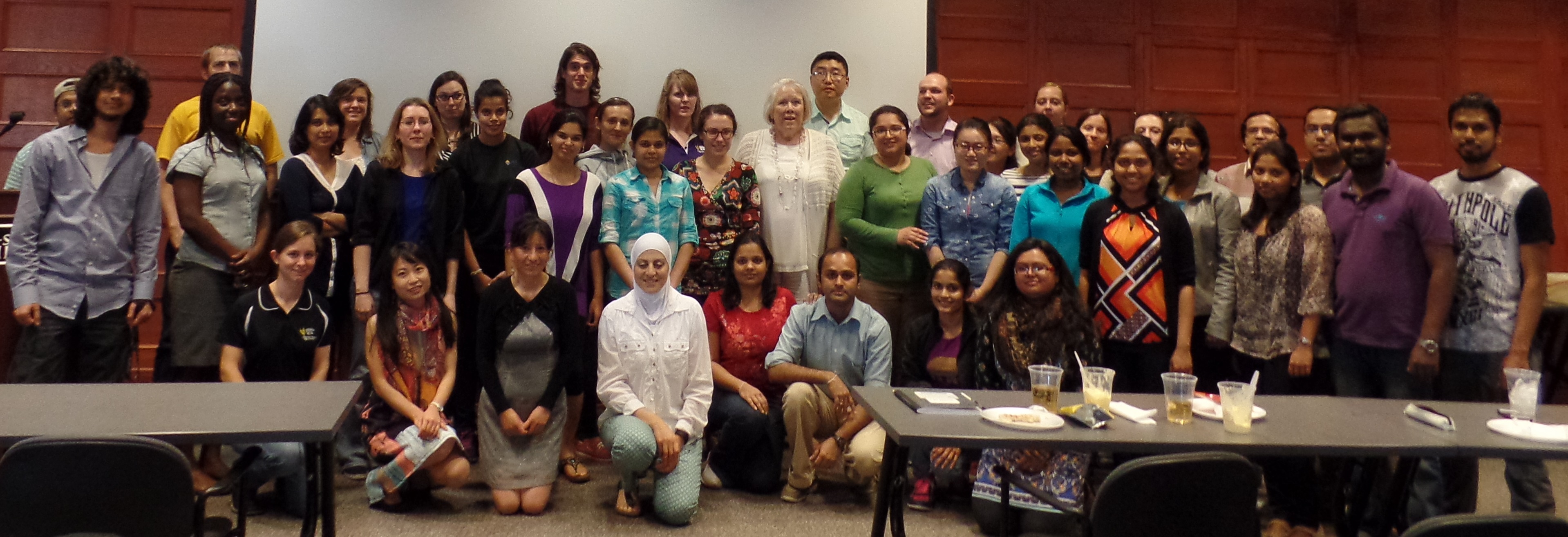
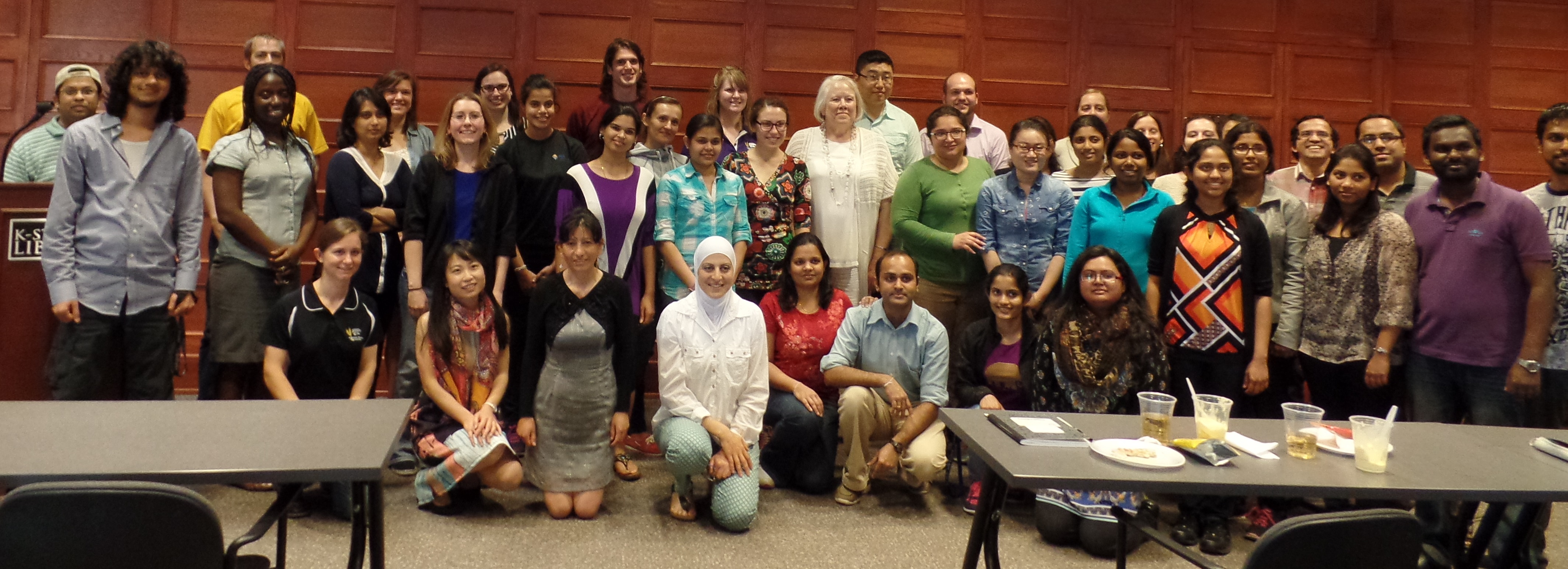
Course Evaluations
Course Evaluations
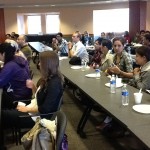 At Kansas State University student evaluations of courses are important. By gathering evidence of teaching effectiveness, departments and deans are able to make informed and objective decisions about retention, promotion, tenure and pay increases. The most important benefit of student evaluations is the feedback the evaluations provide directly to instructors, so they can refine their courses and teaching practices to provide students with better learning experiences.
At Kansas State University student evaluations of courses are important. By gathering evidence of teaching effectiveness, departments and deans are able to make informed and objective decisions about retention, promotion, tenure and pay increases. The most important benefit of student evaluations is the feedback the evaluations provide directly to instructors, so they can refine their courses and teaching practices to provide students with better learning experiences.
Sometimes students do not know how to properly complete the TEVALS in terms of providing quality, constructive feedback that help instructors to improve their teaching (e.g., they say “this class sucked” or “this class is awesome”). In an effort to improve student awareness of how to complete TEVALS, we would like for you to respond to the following QUESTIONS:
1. Do you receive quality, constructive feedback about how to improve your class from your students?
1 a. If you do receive quality, constructive feedback, have you applied some (or all) of this feedback to improve your teaching? Why/Why not? Do you have recommendations for how we can improve the quality, constructive feedback that students provide to instructors?
1 b. If you do not receive quality, constructive feedback from students, what can we do to encourage students to offer quality, constructive feedback to instructors?
Brainstorming/ Lluvia de Ideas – Pictures / Fotos
Brainstorming: Maximizing Learning in the K-State Classroom






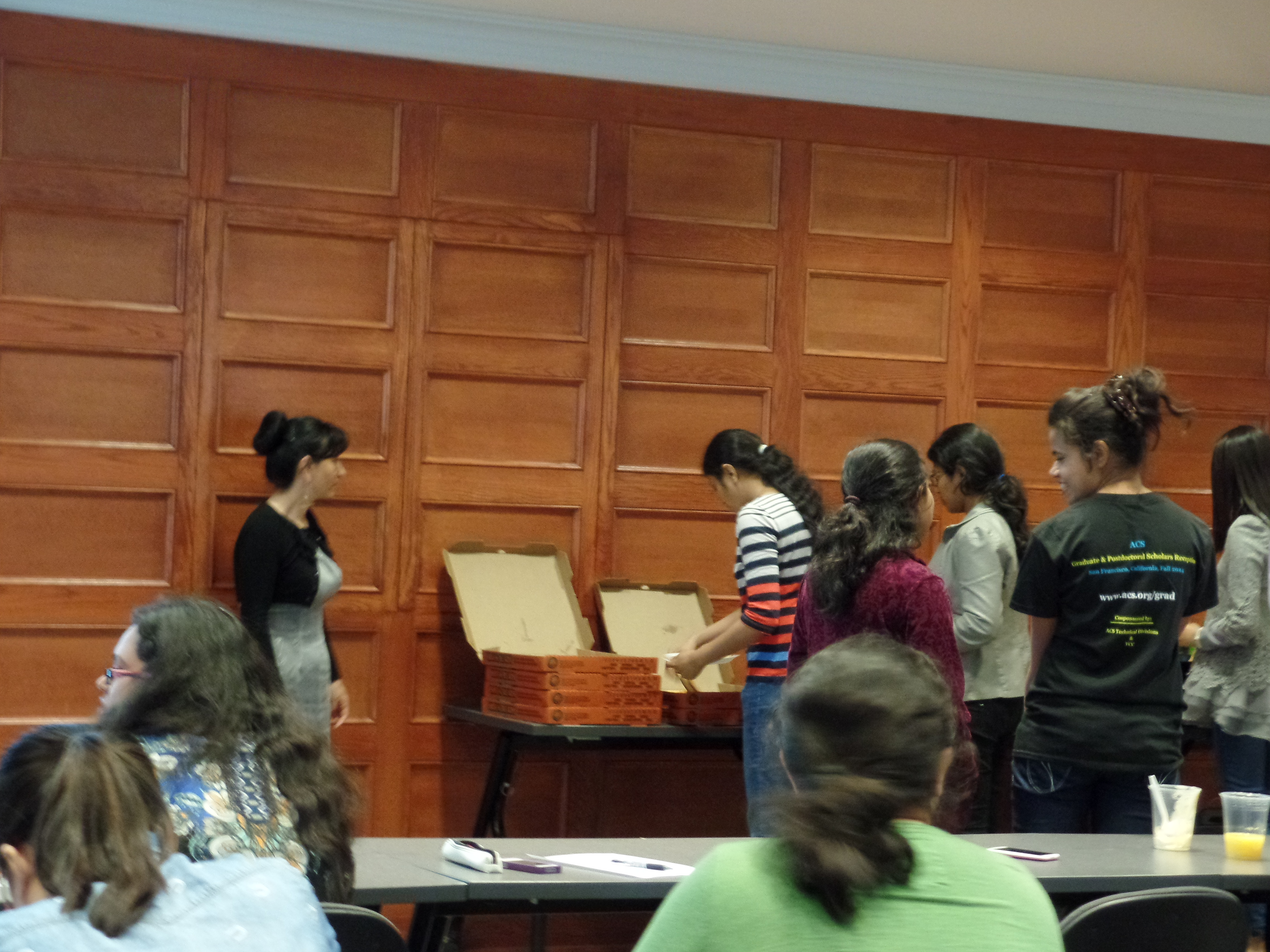
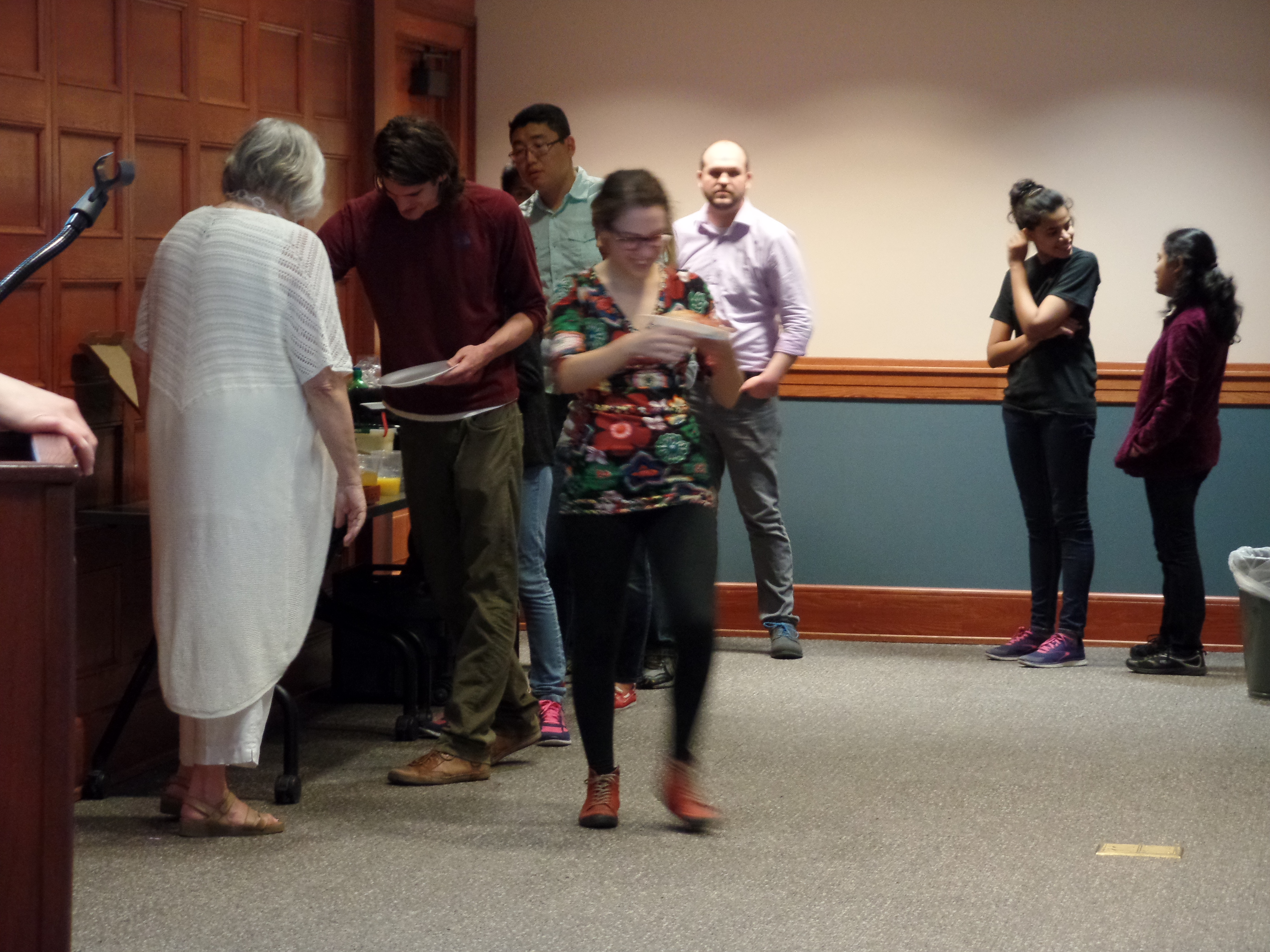
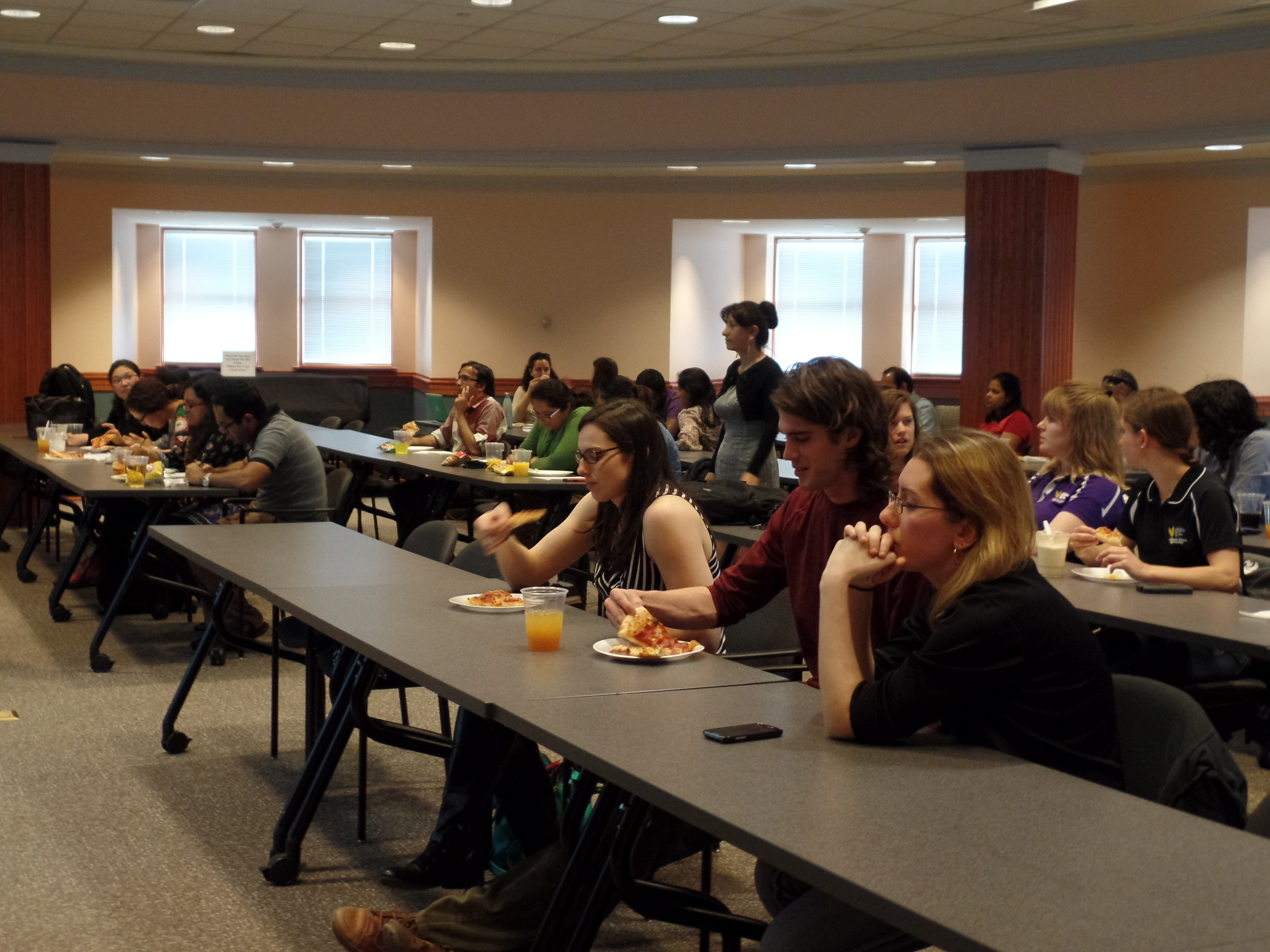
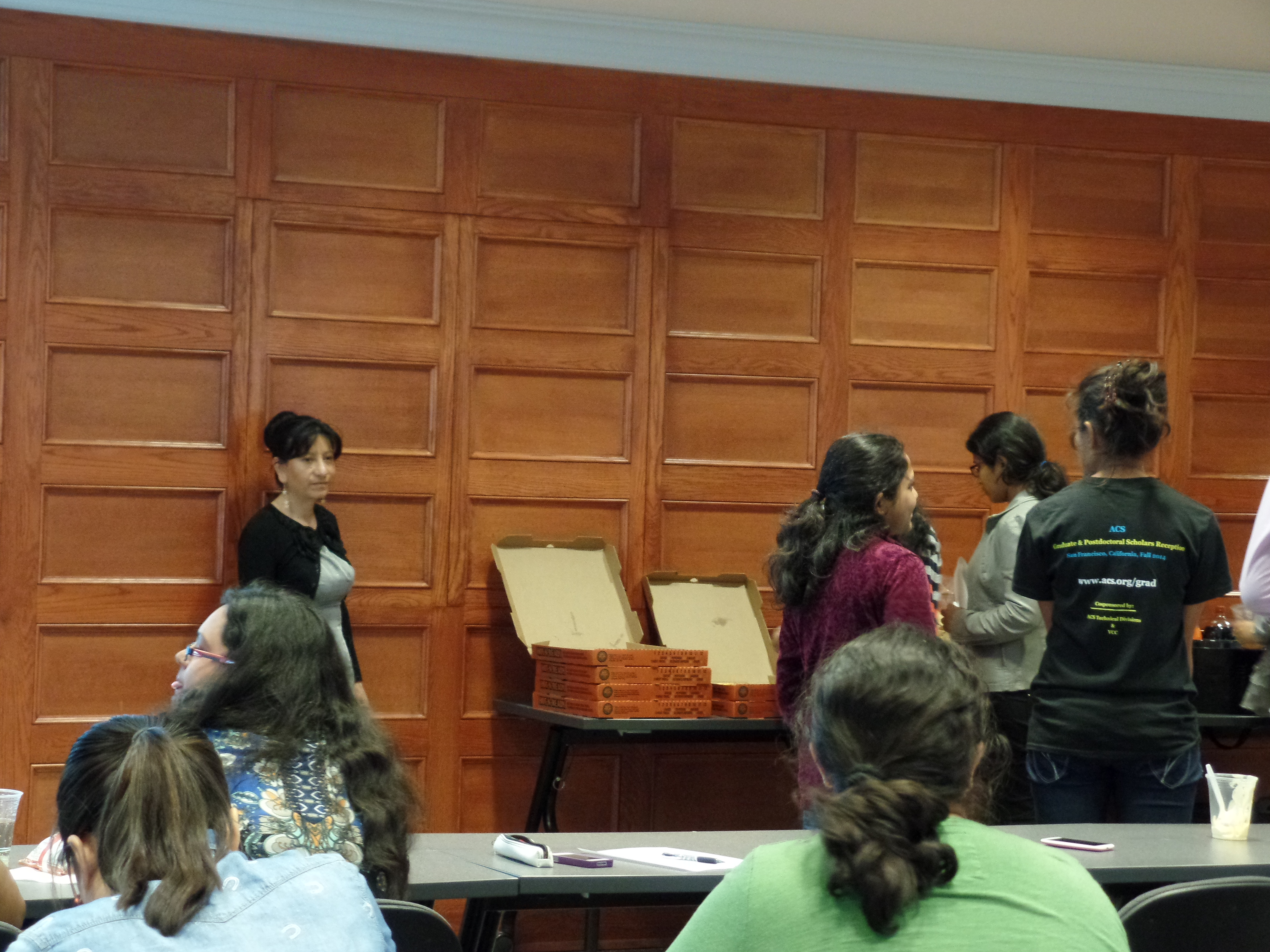
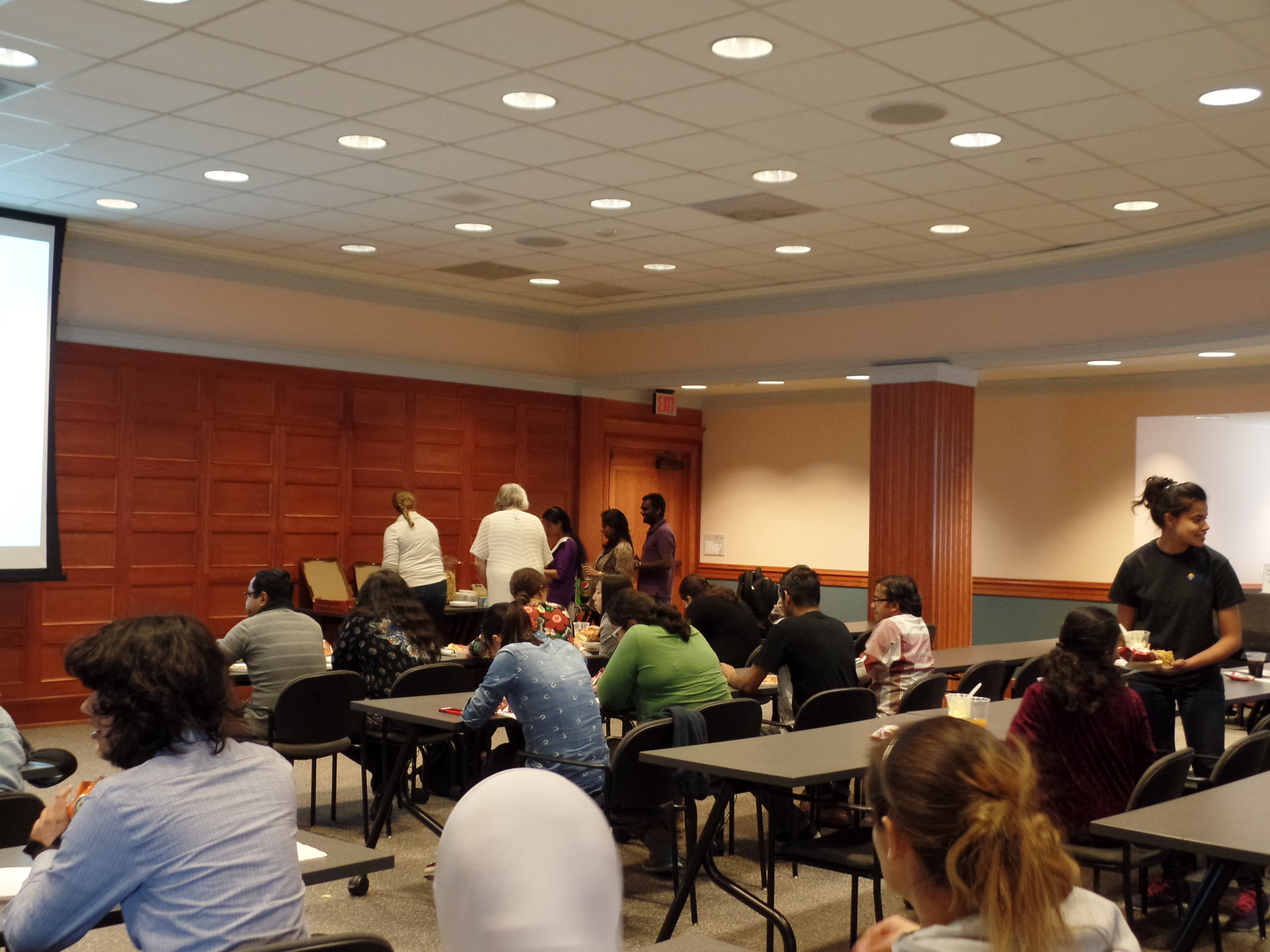
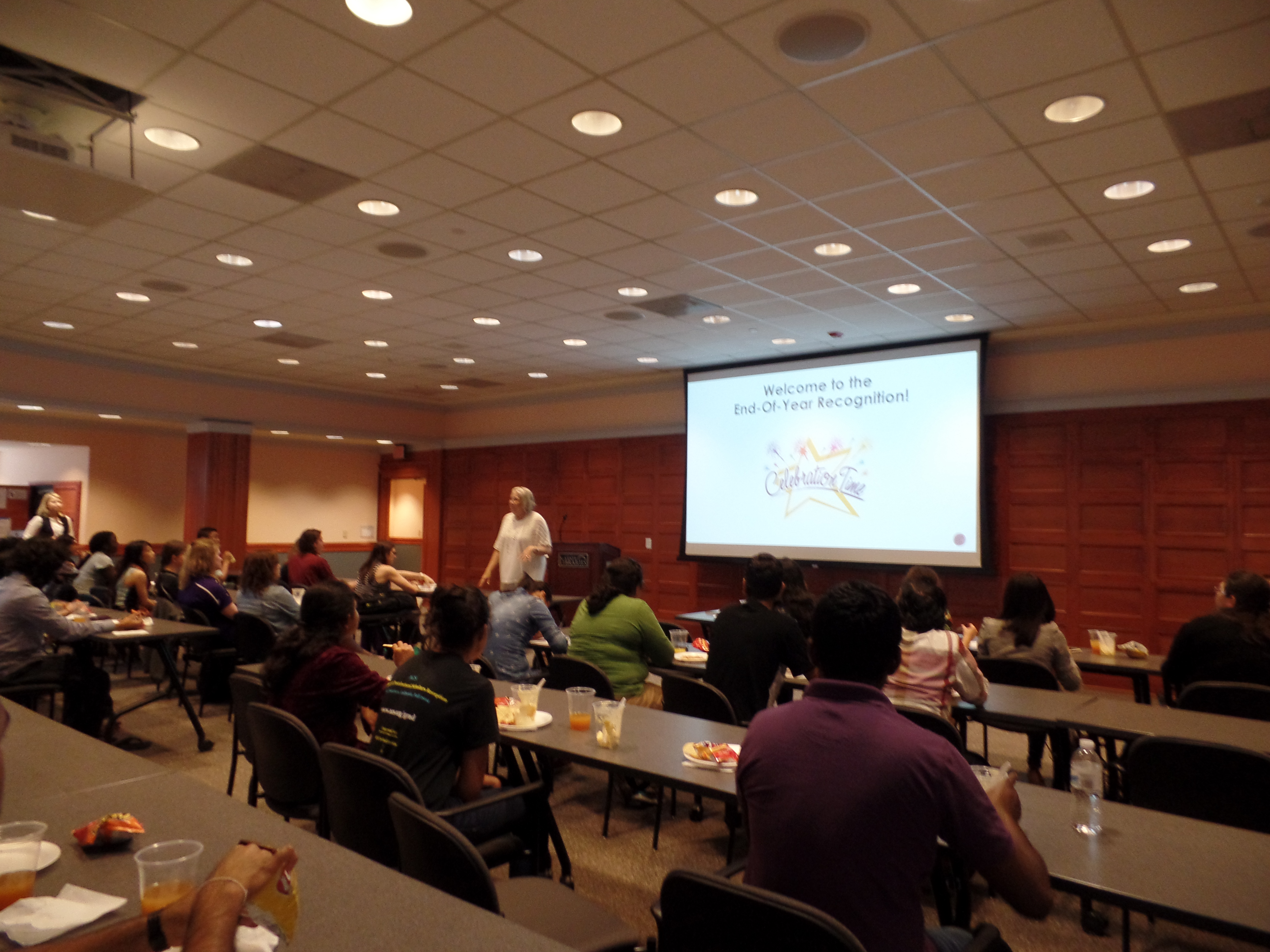
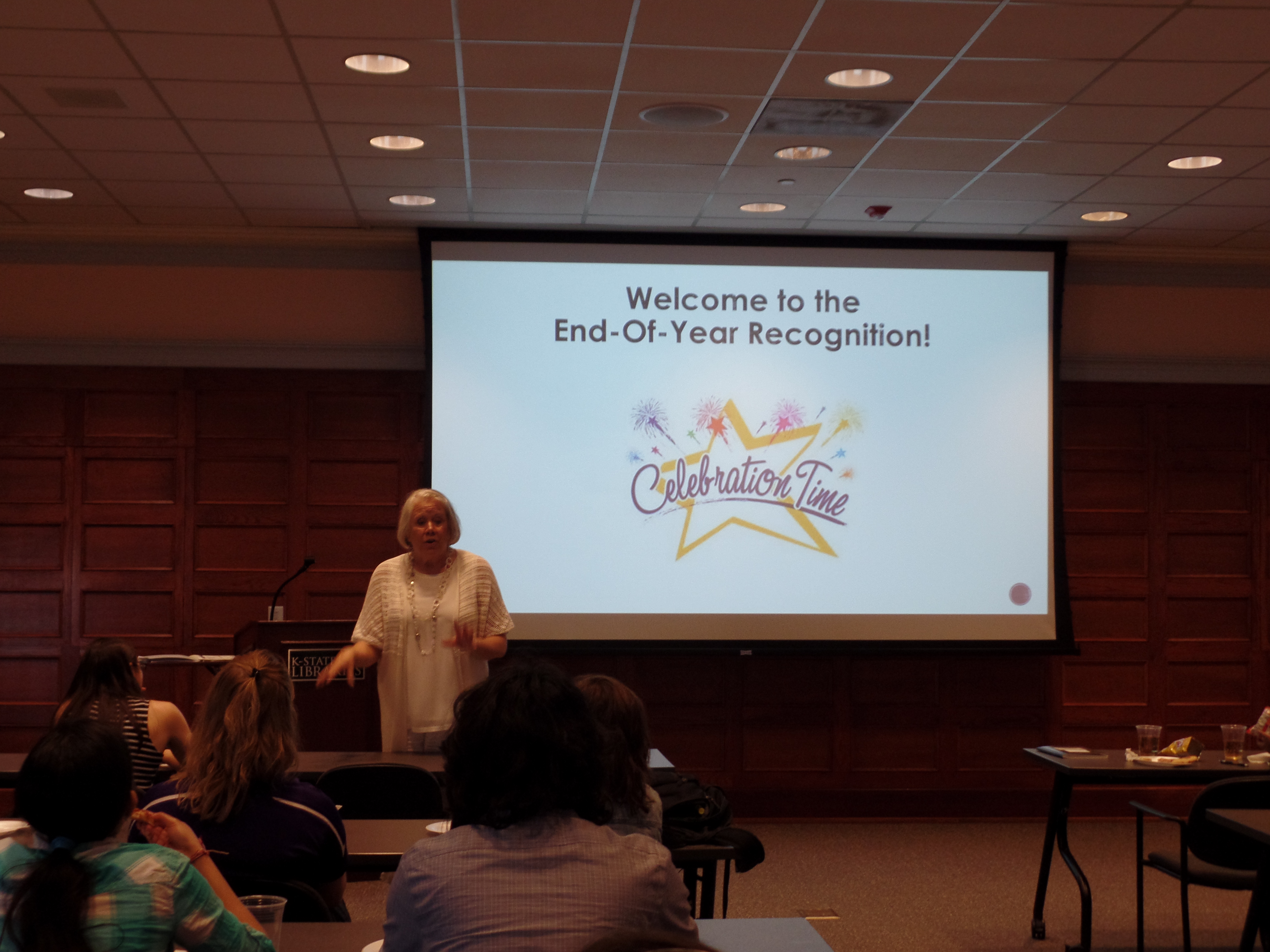



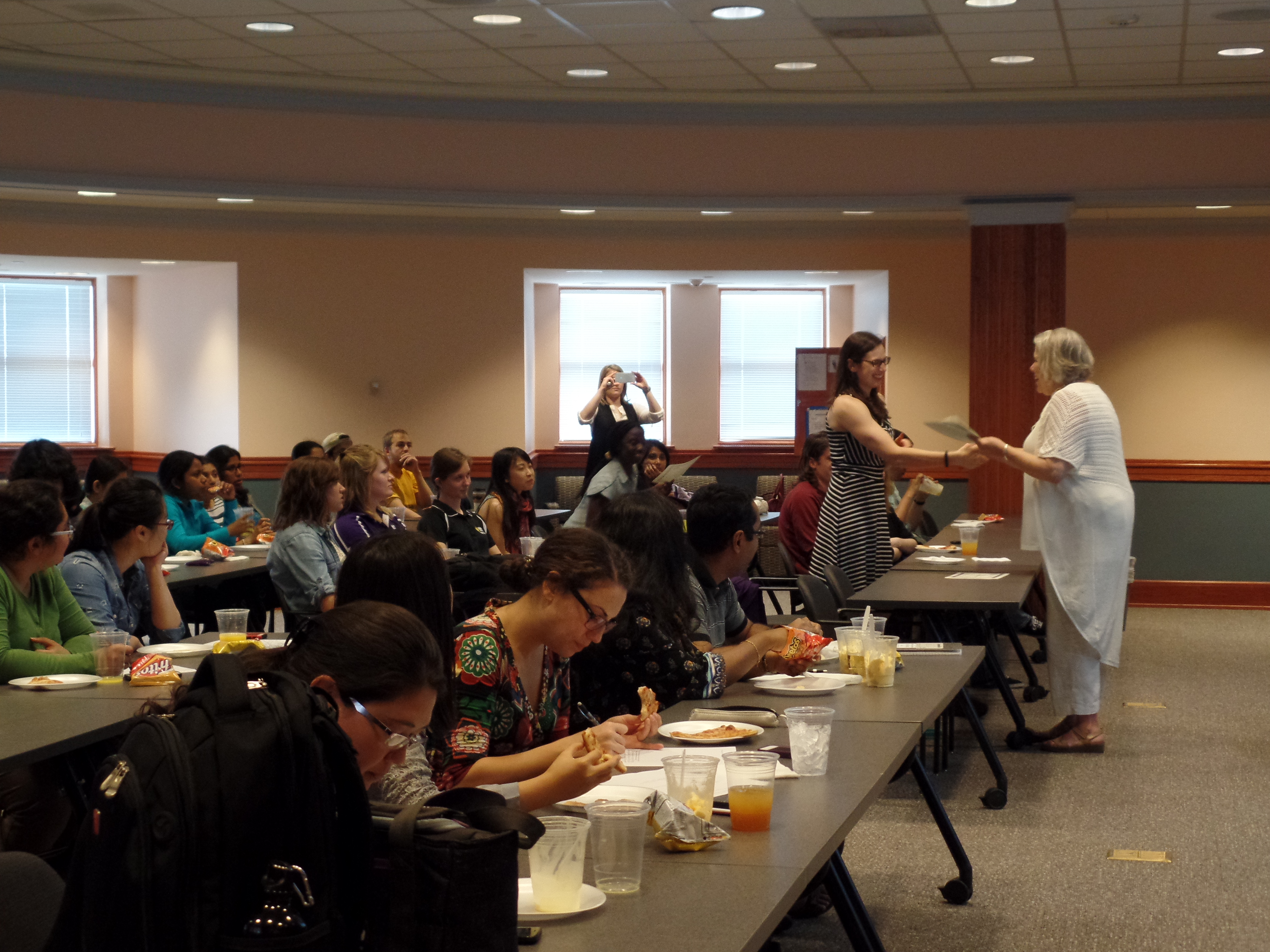
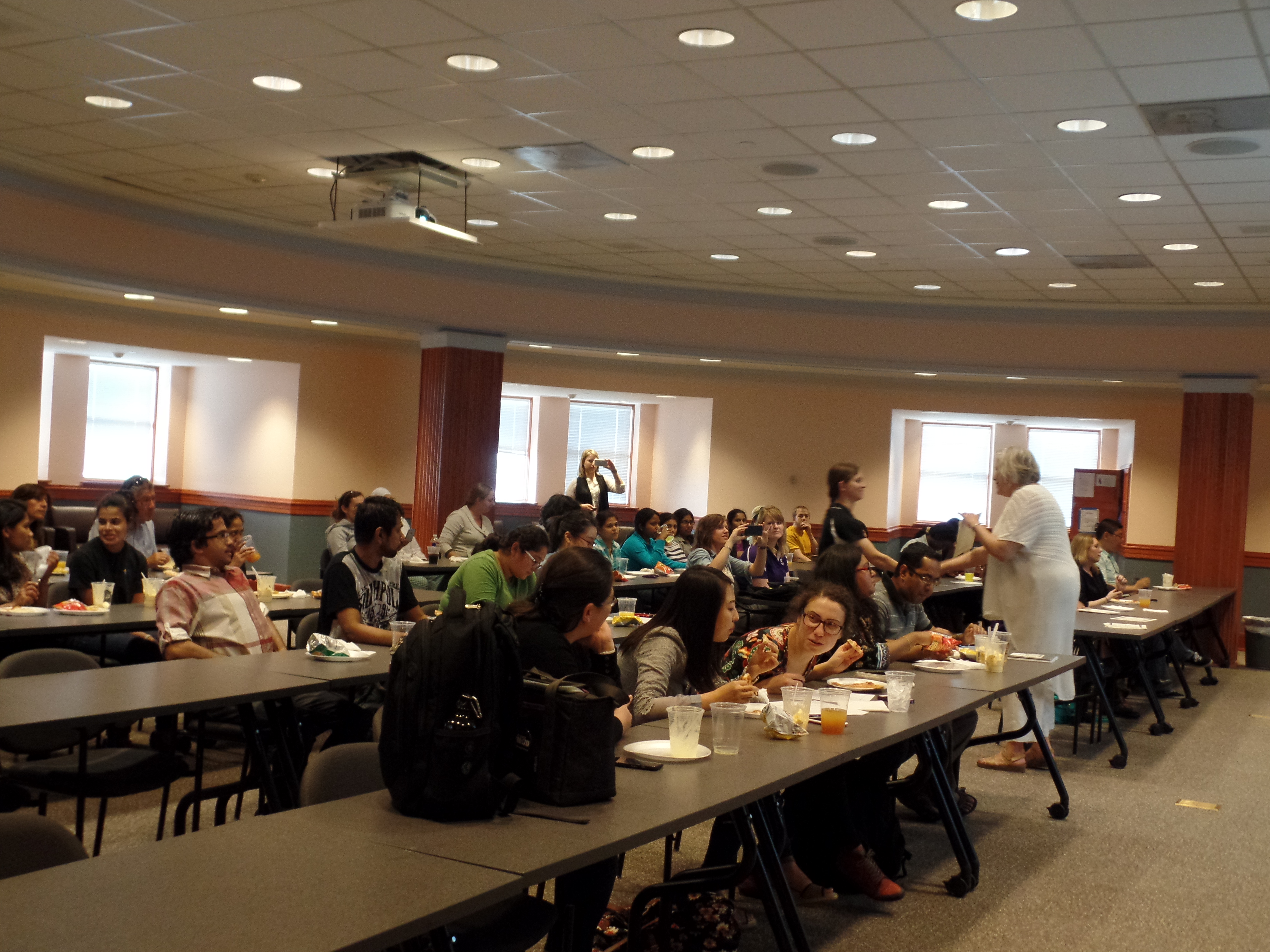
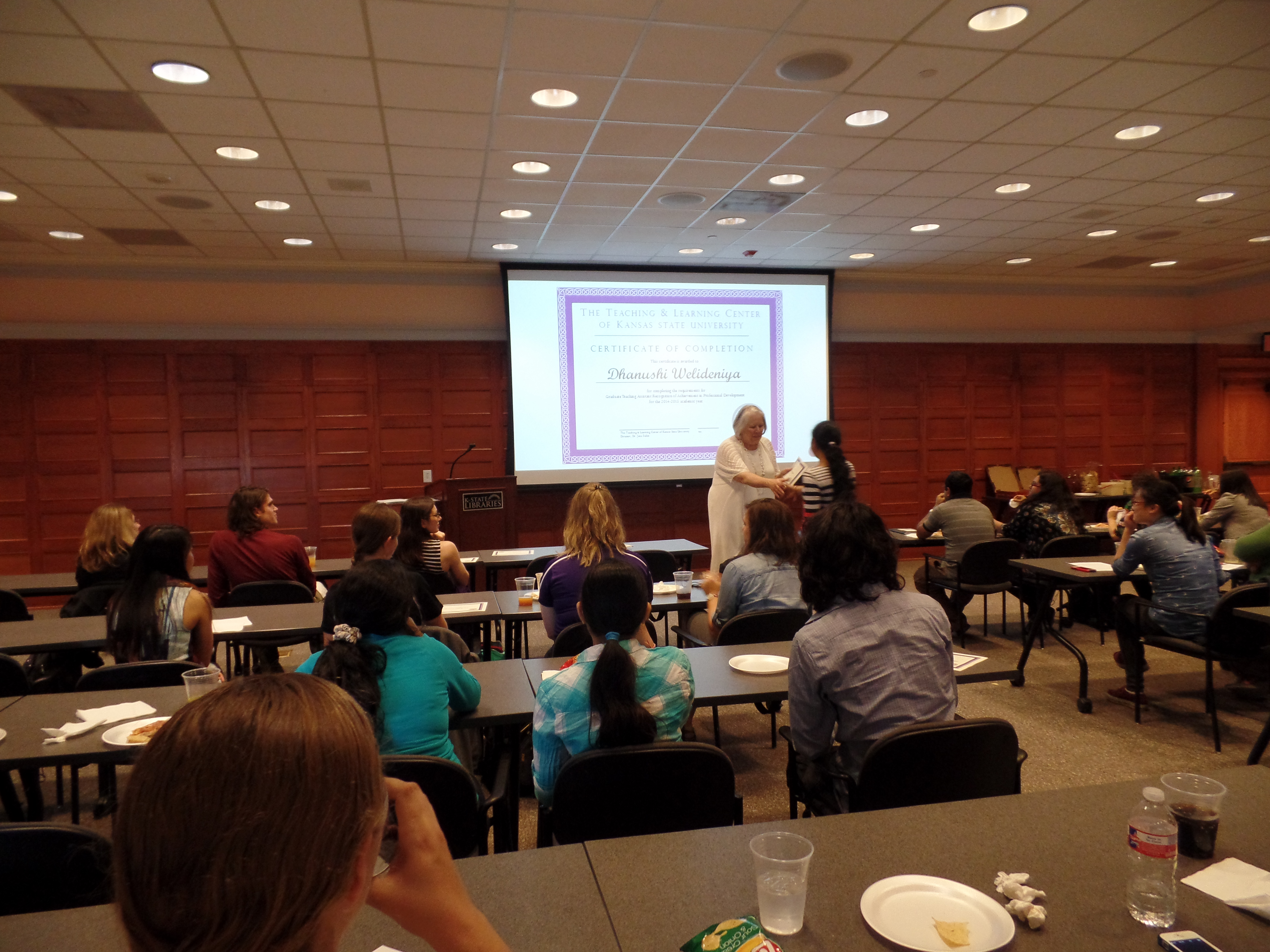
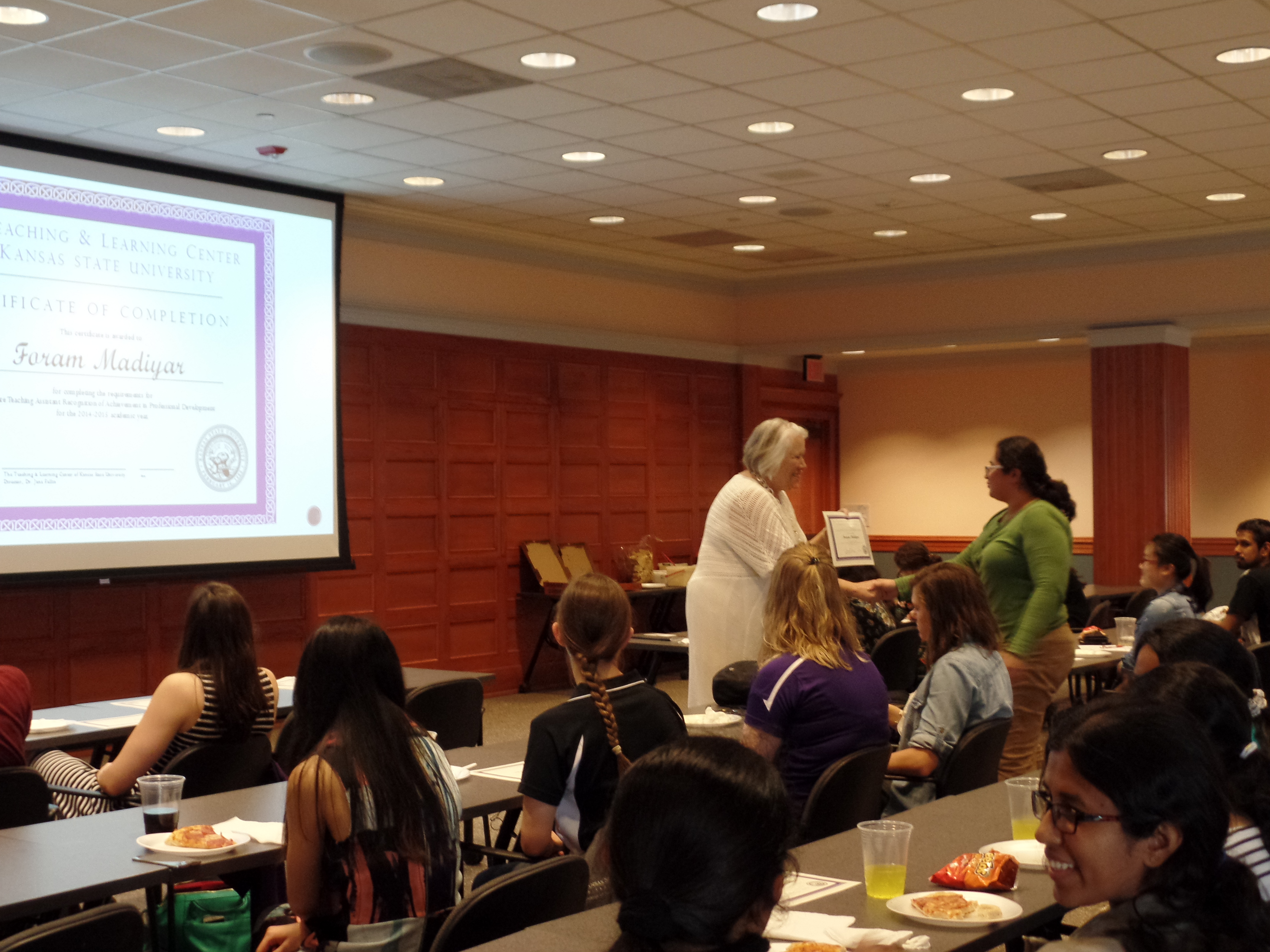

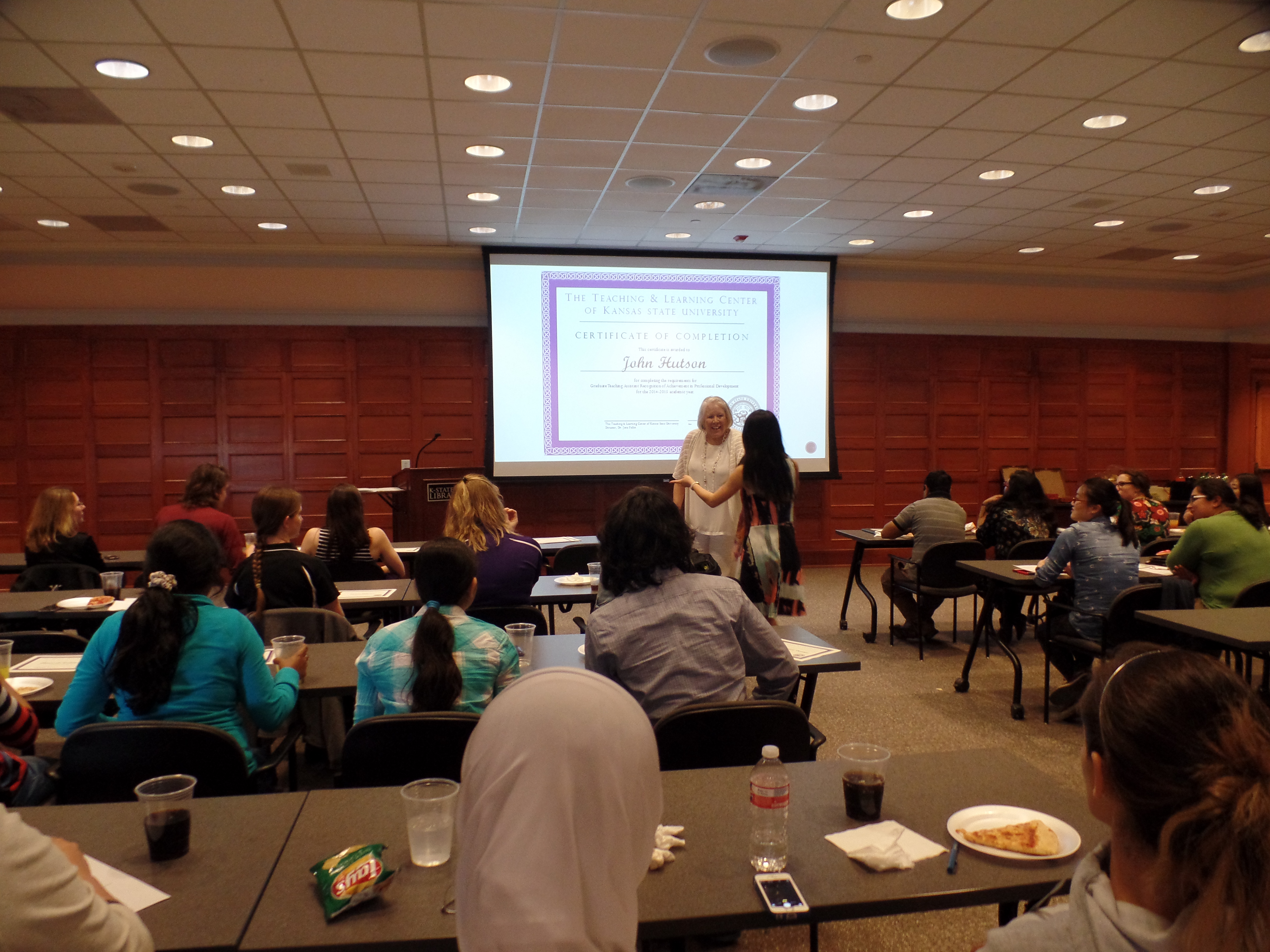
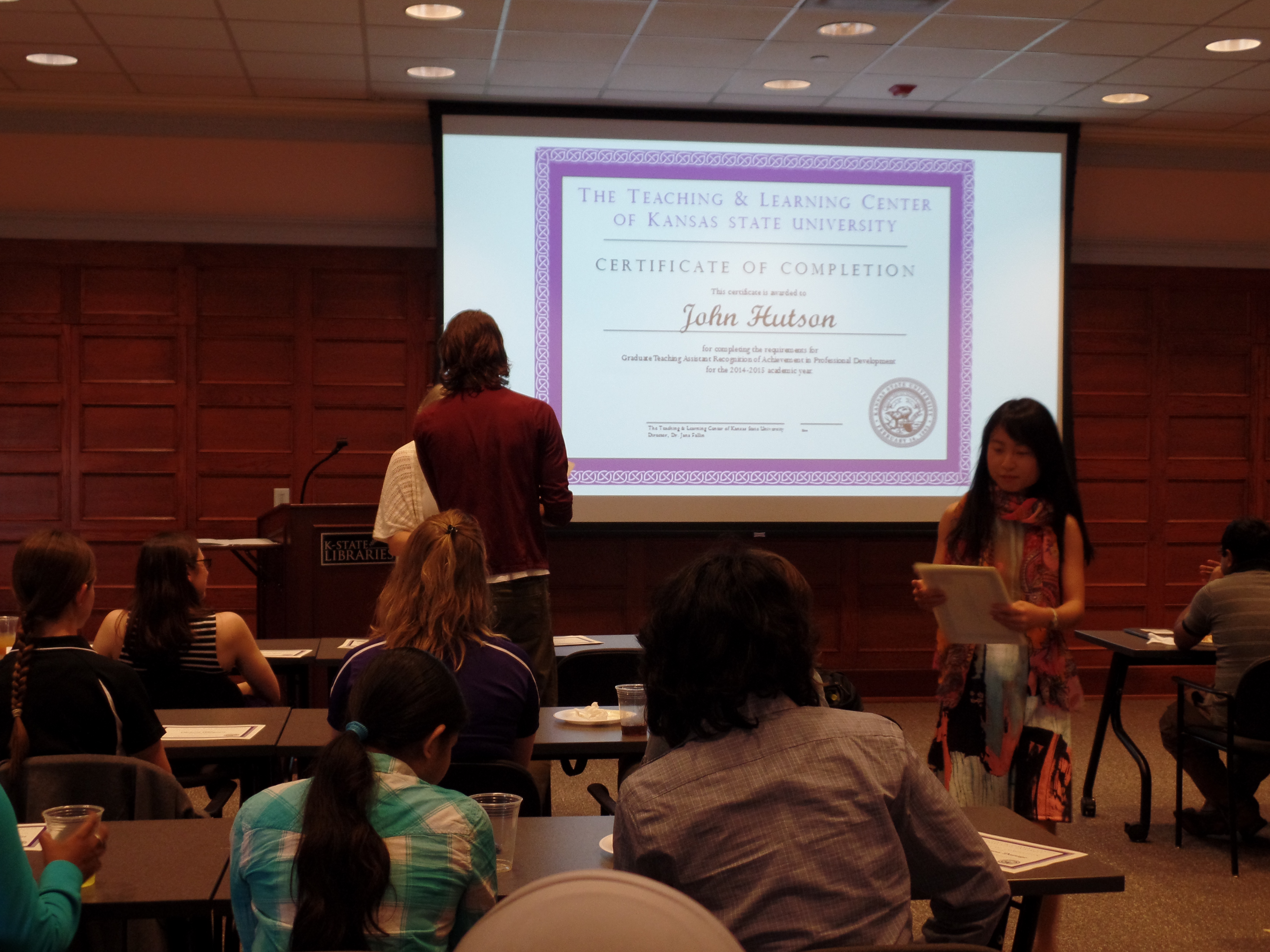
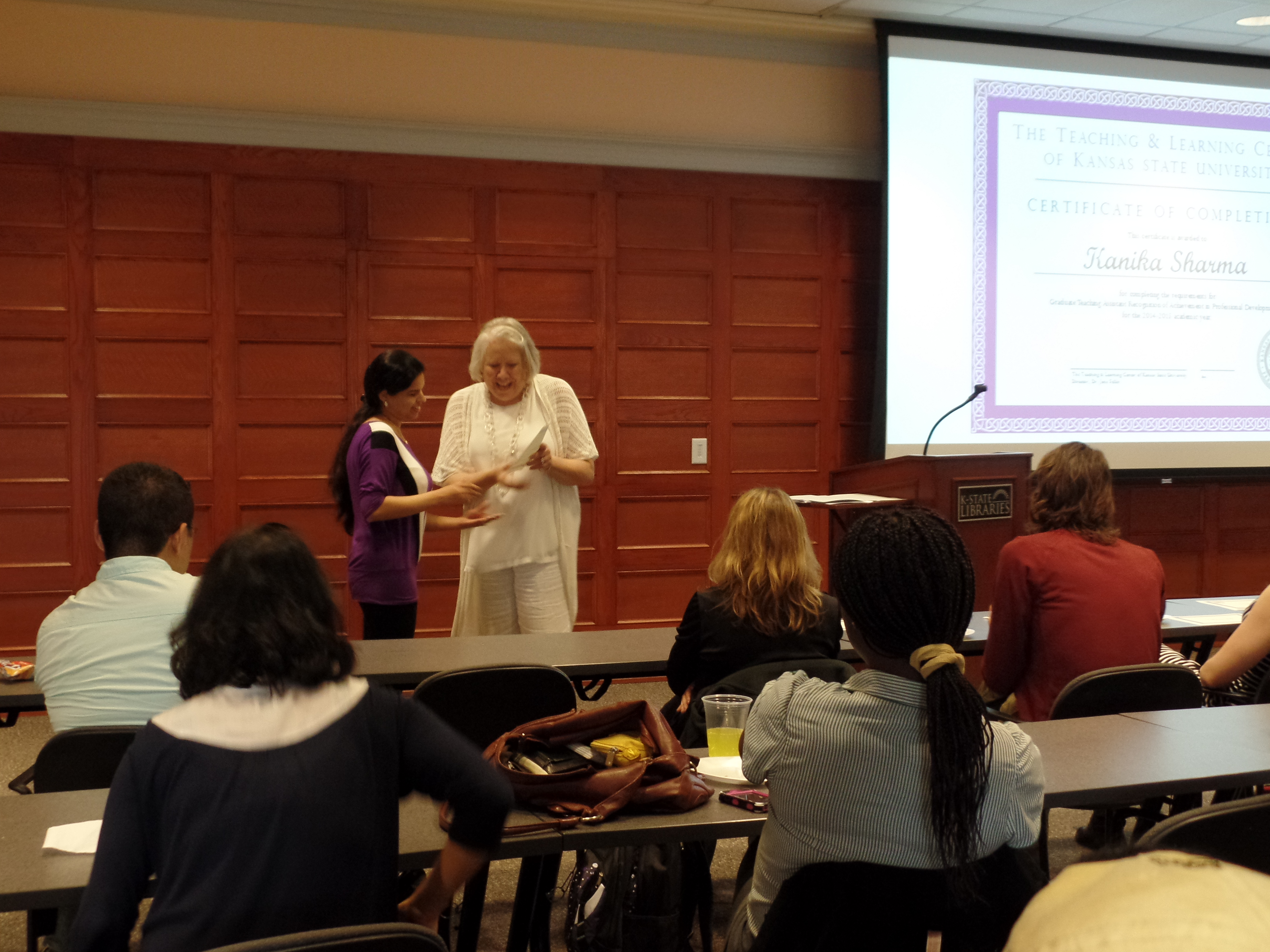
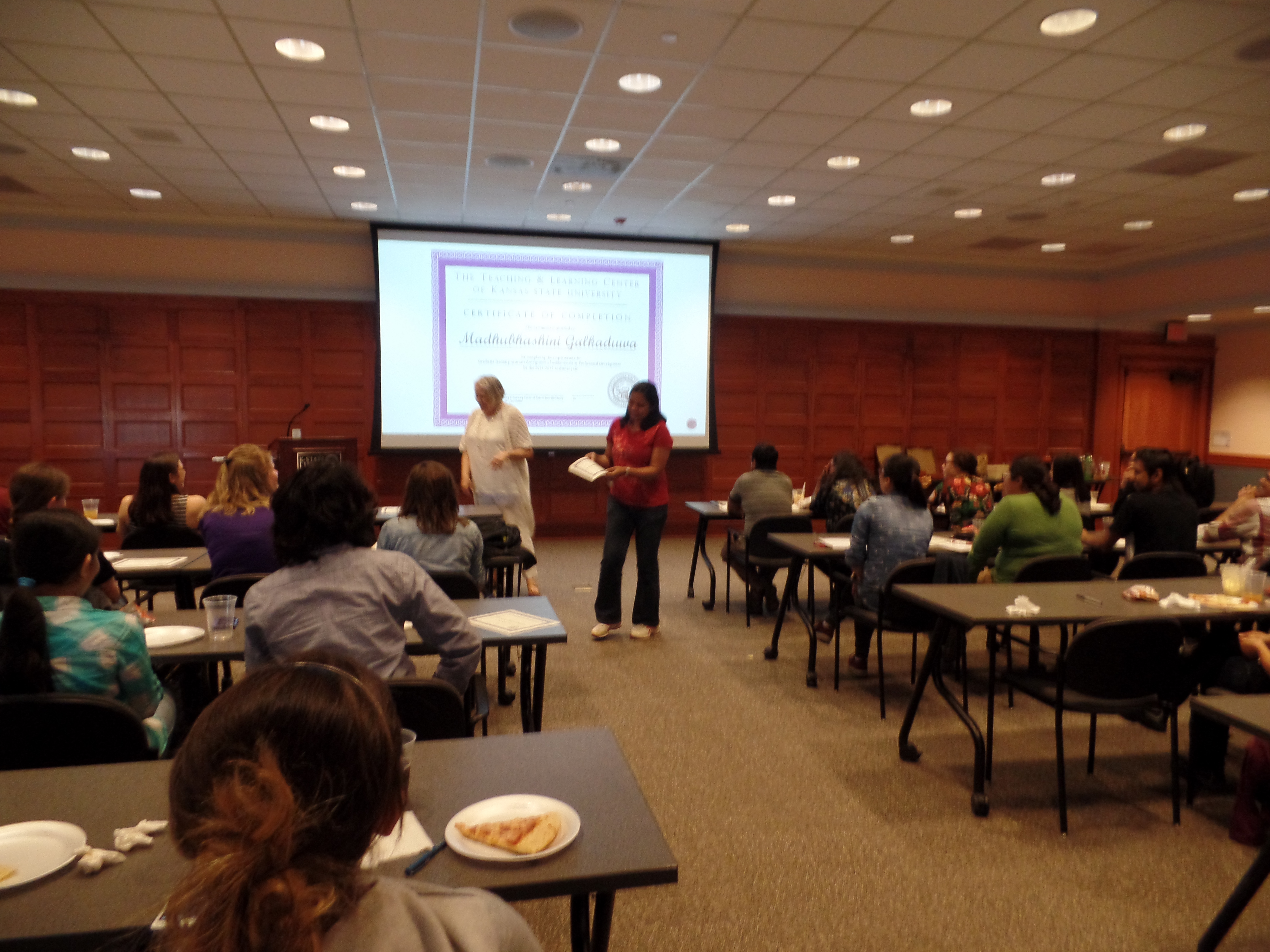
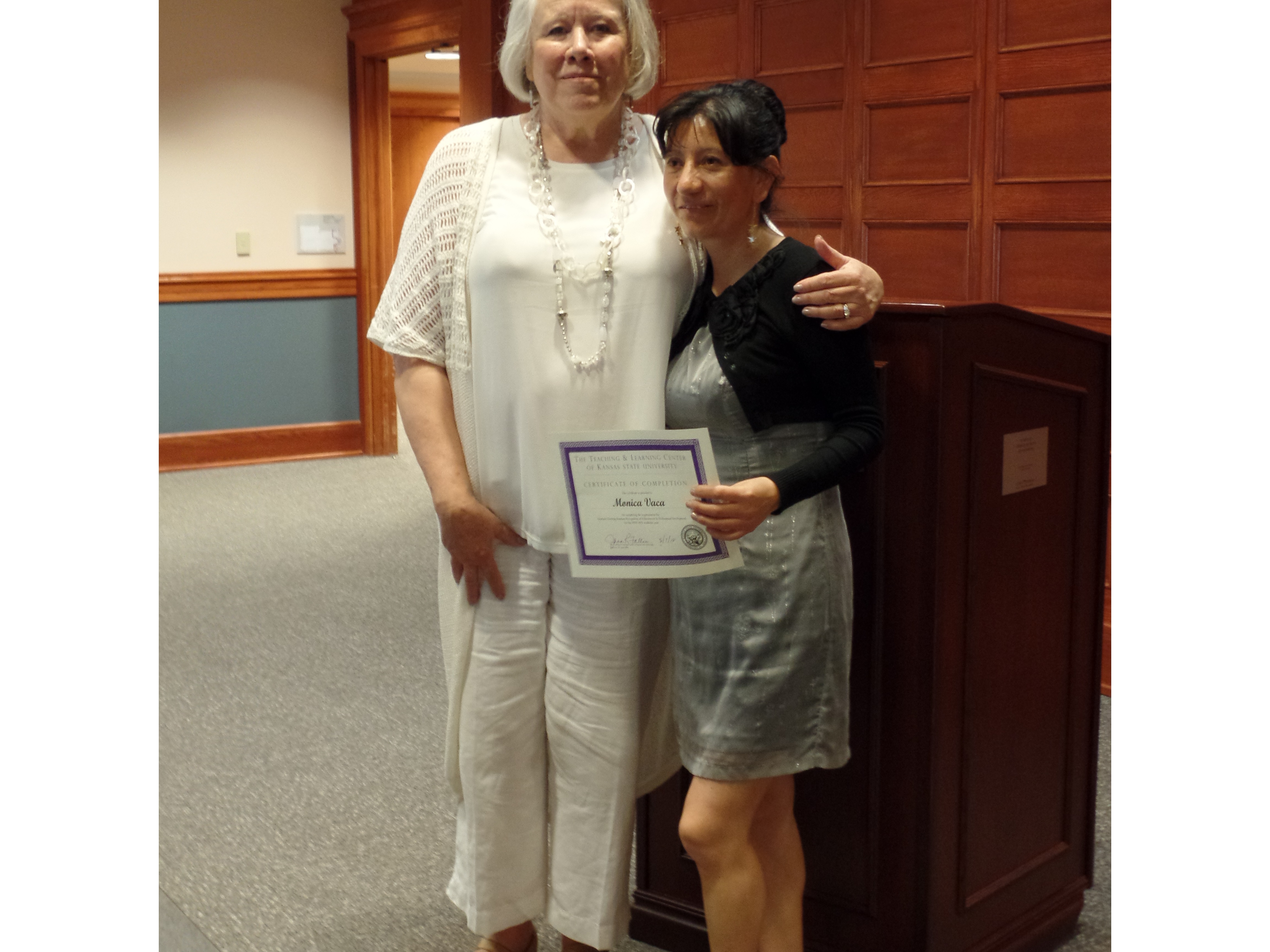
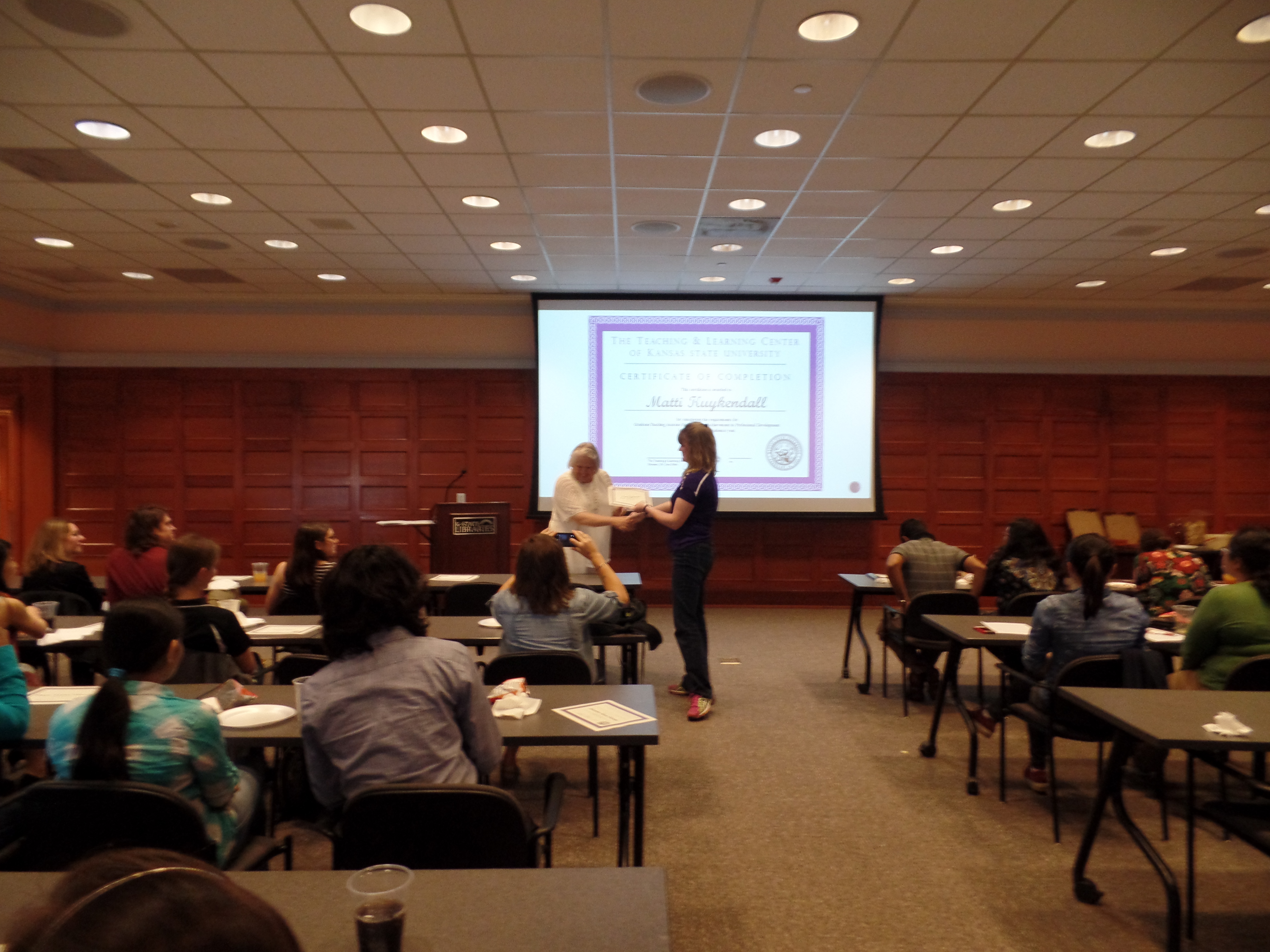

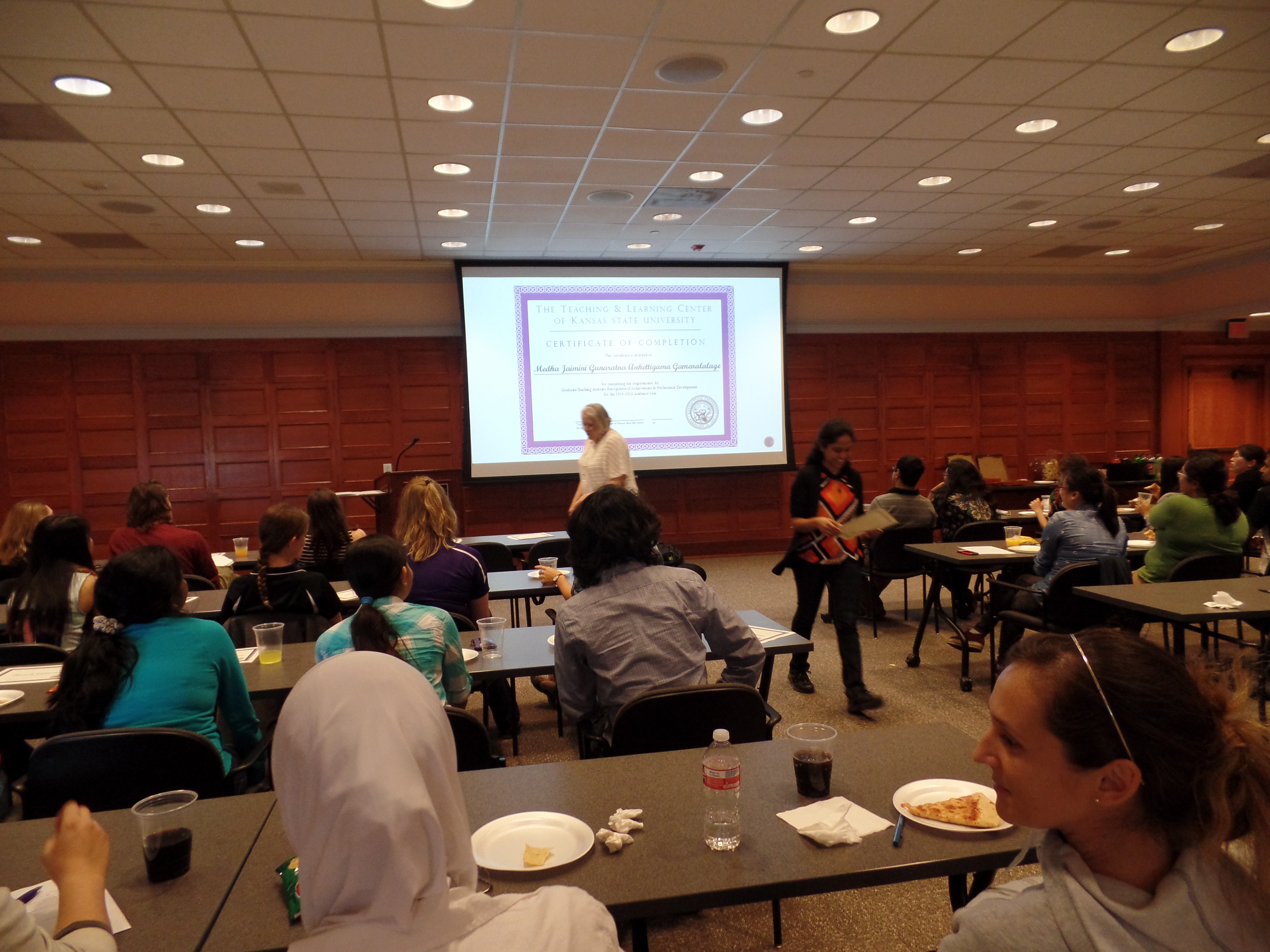
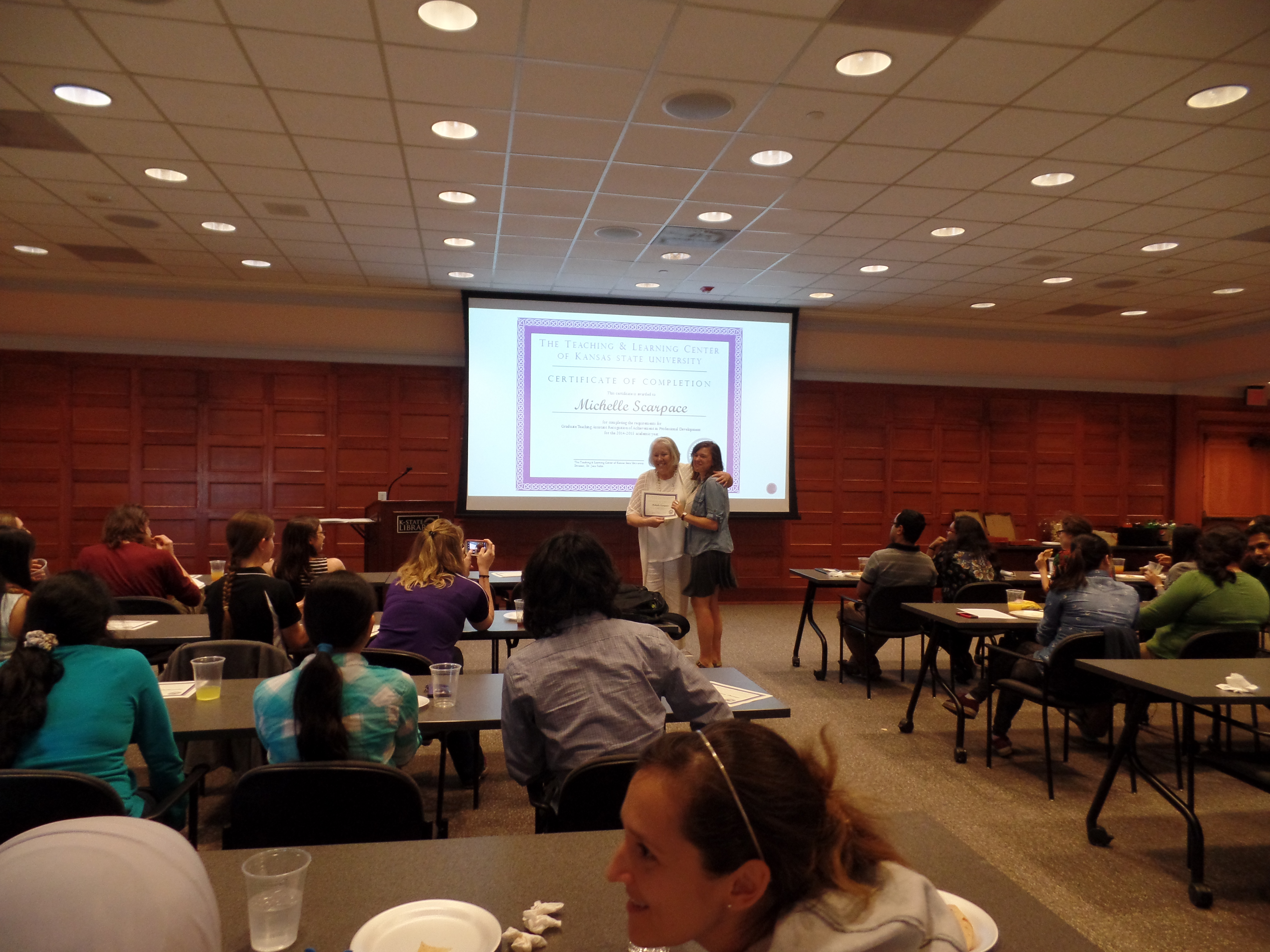

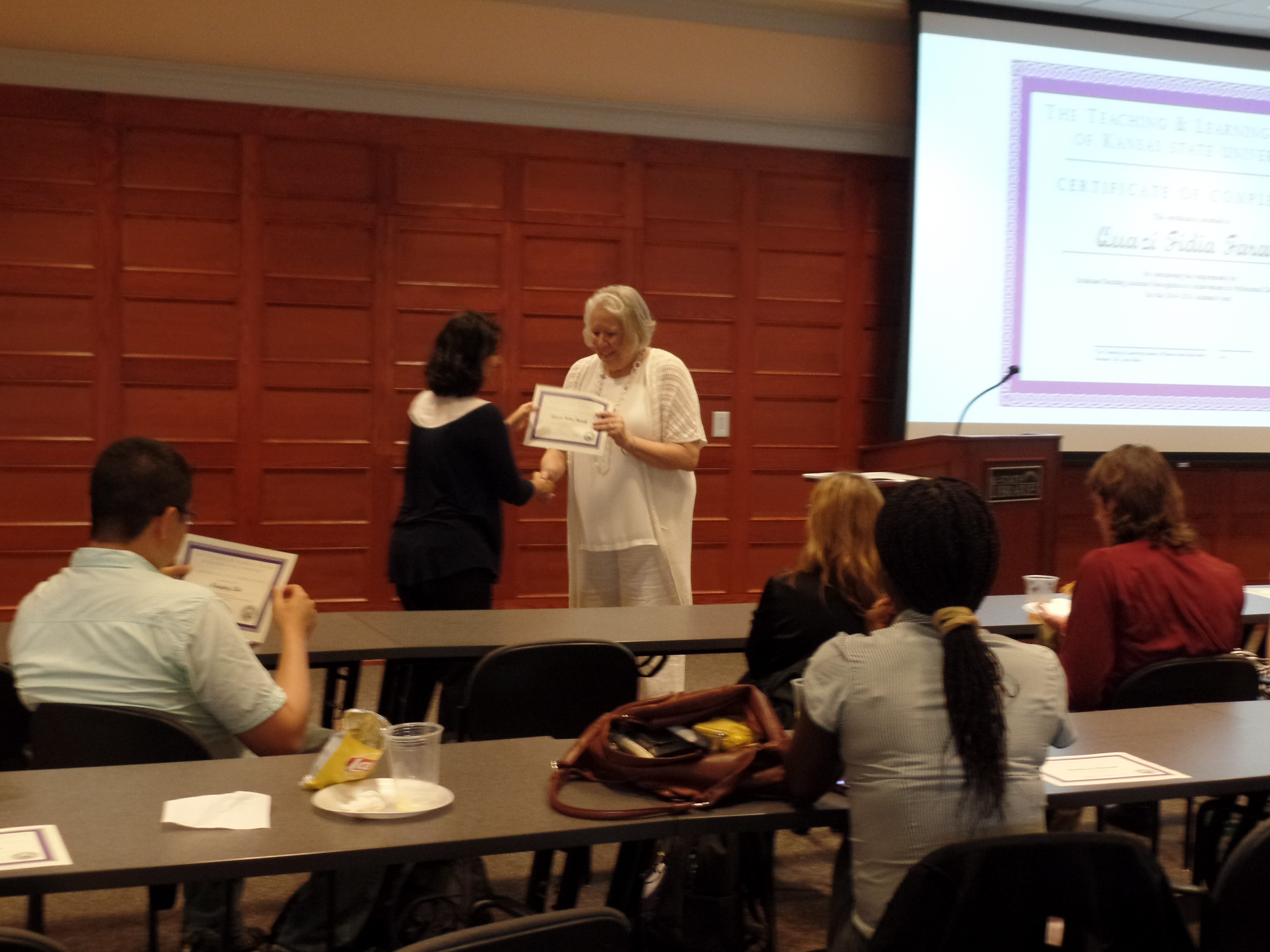


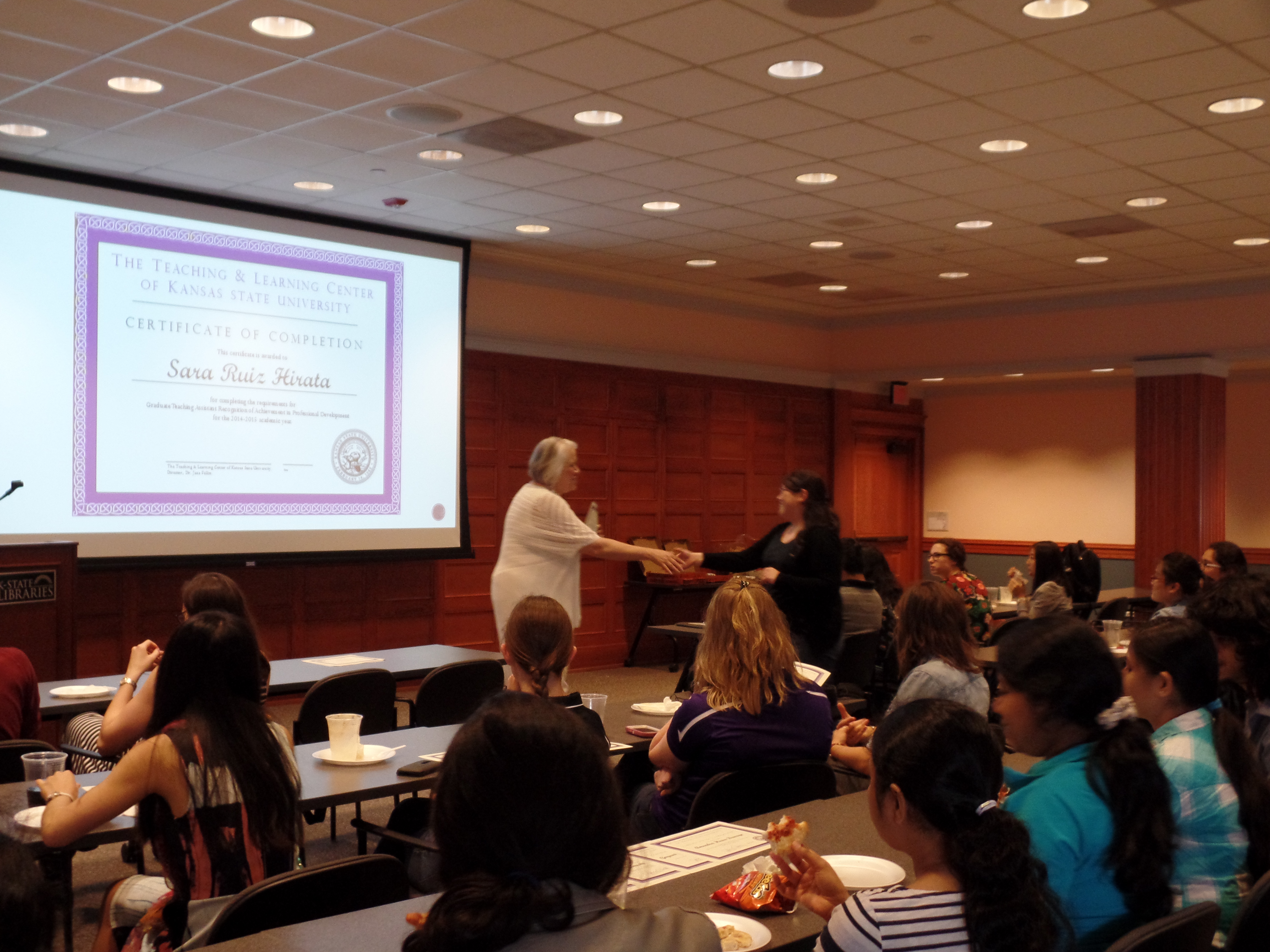
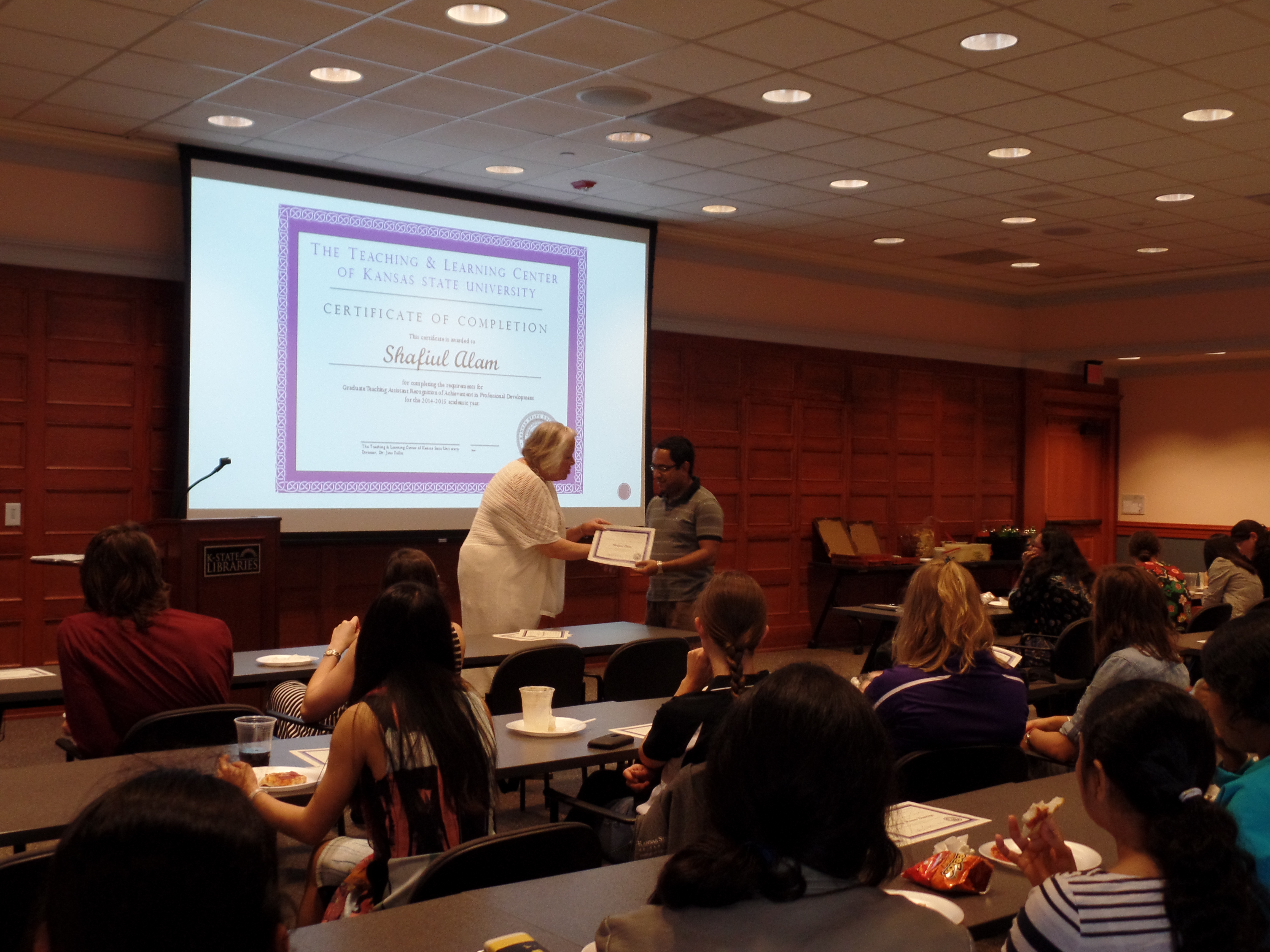


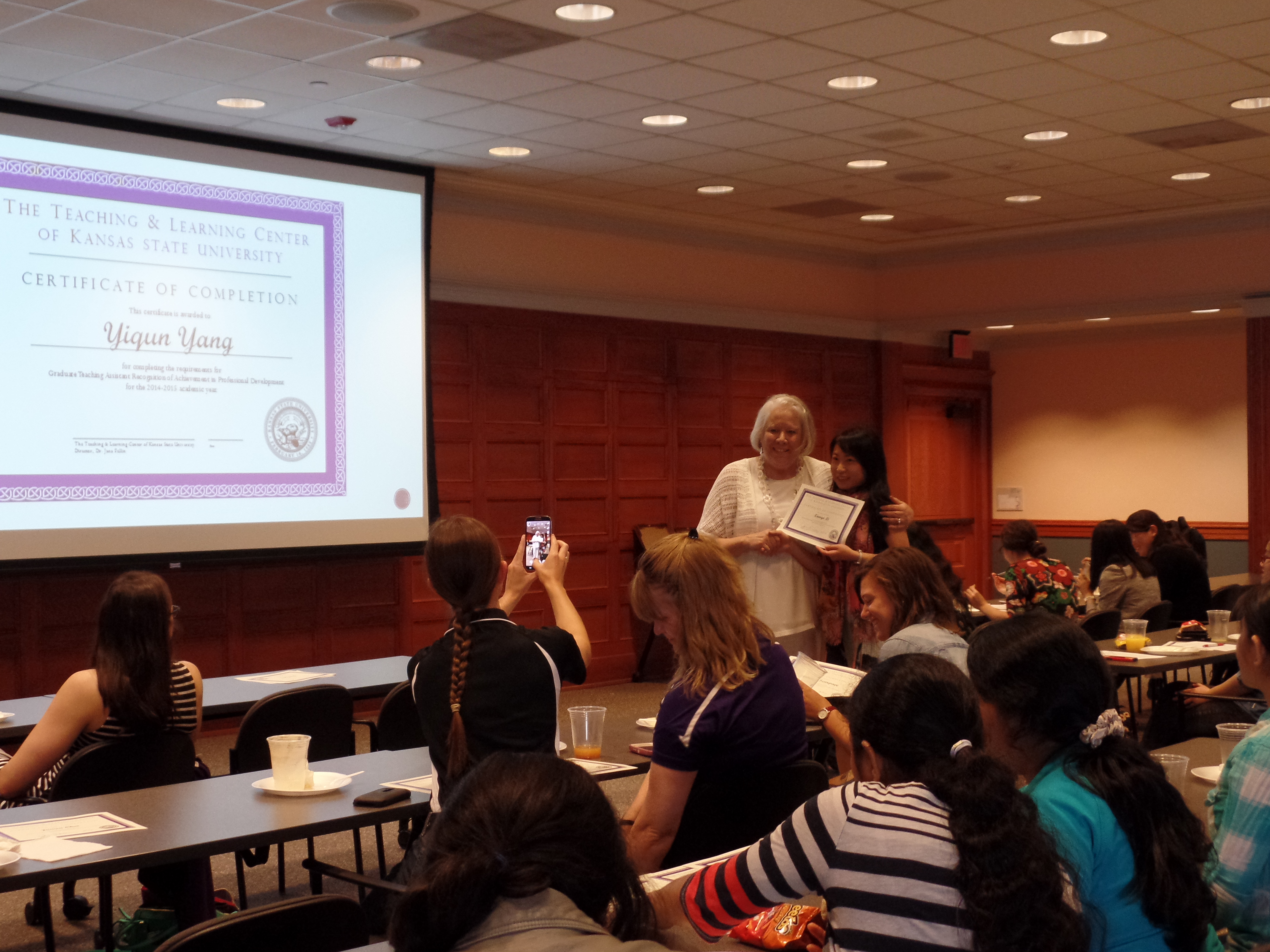

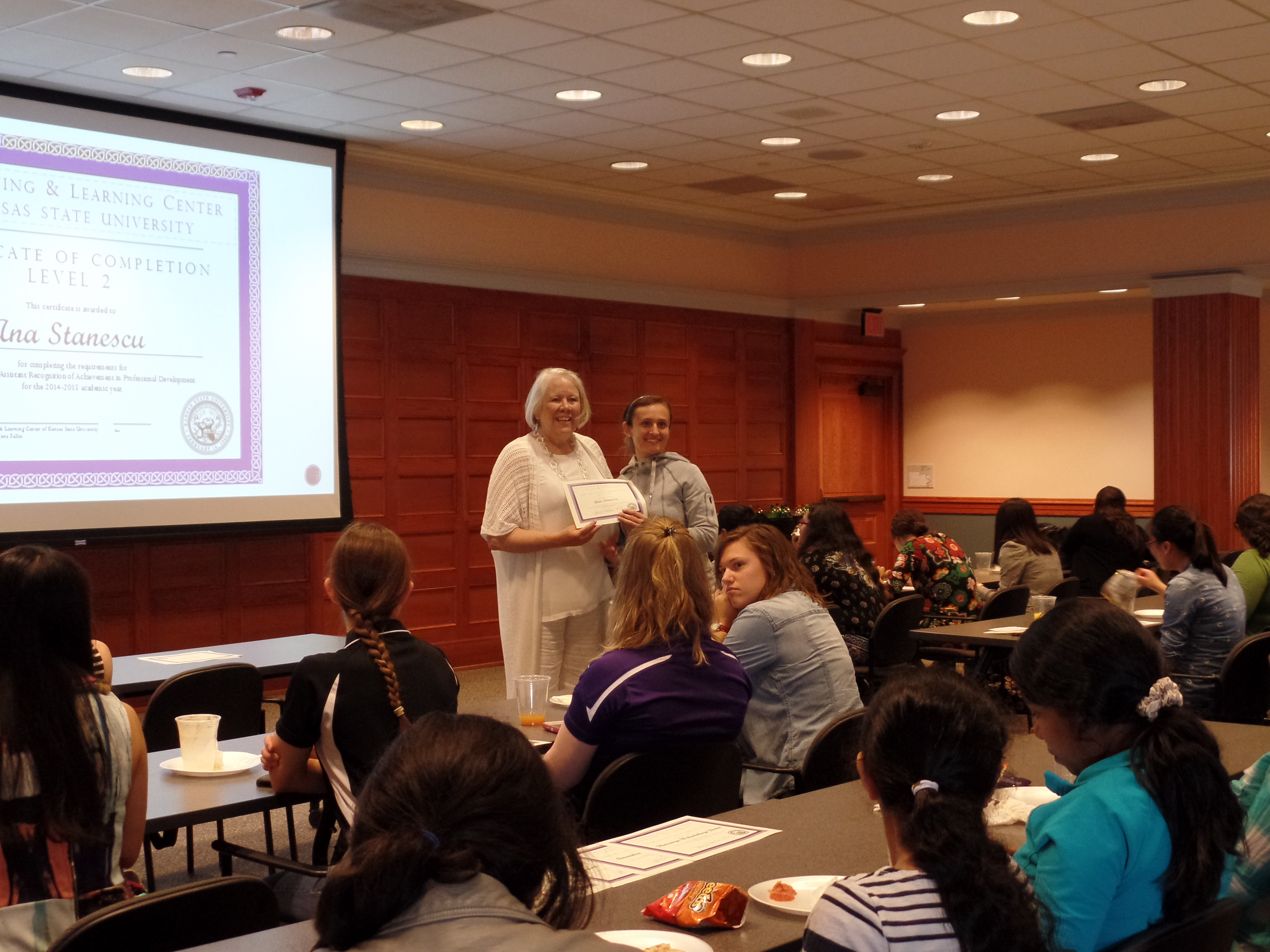
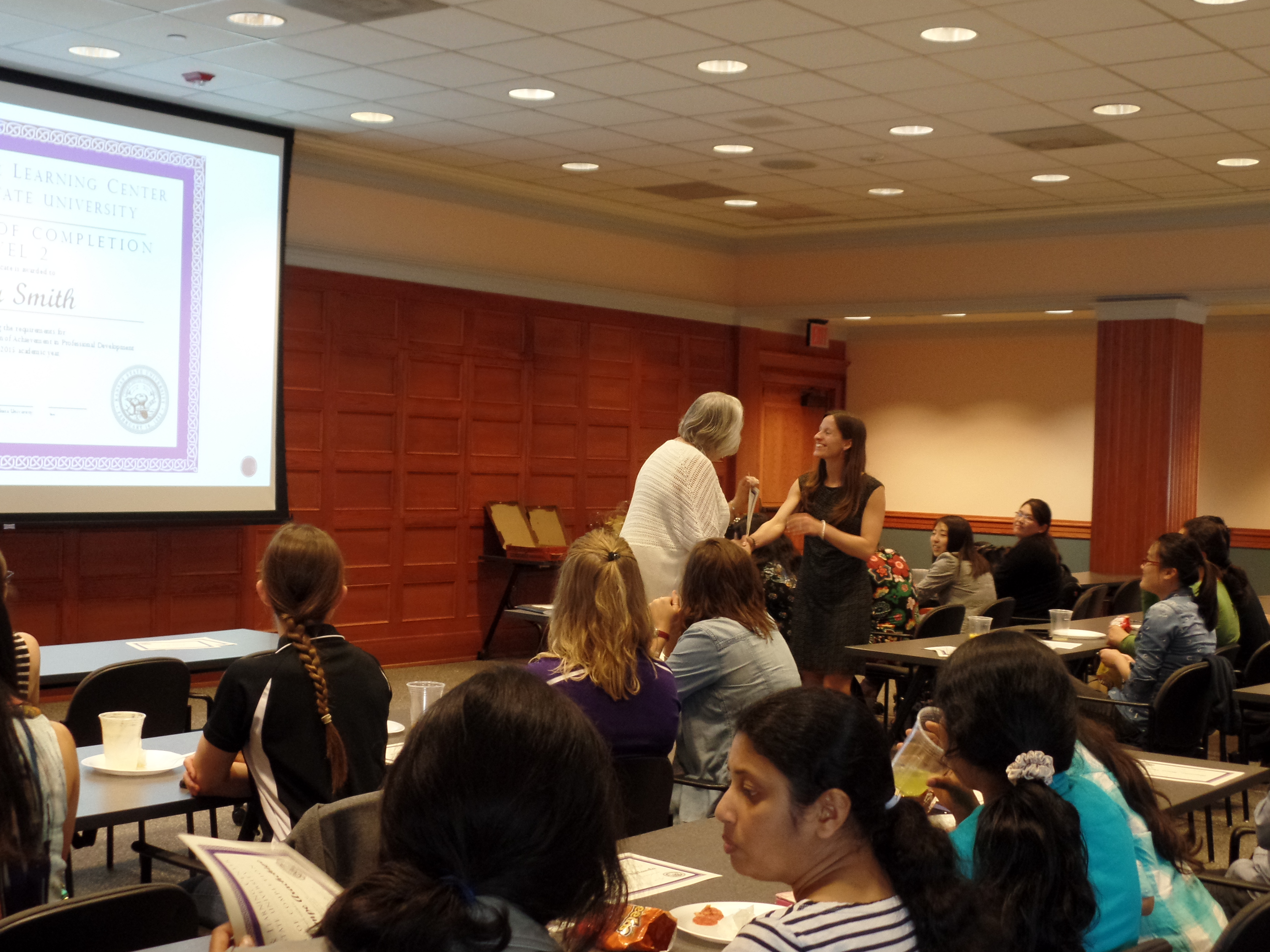

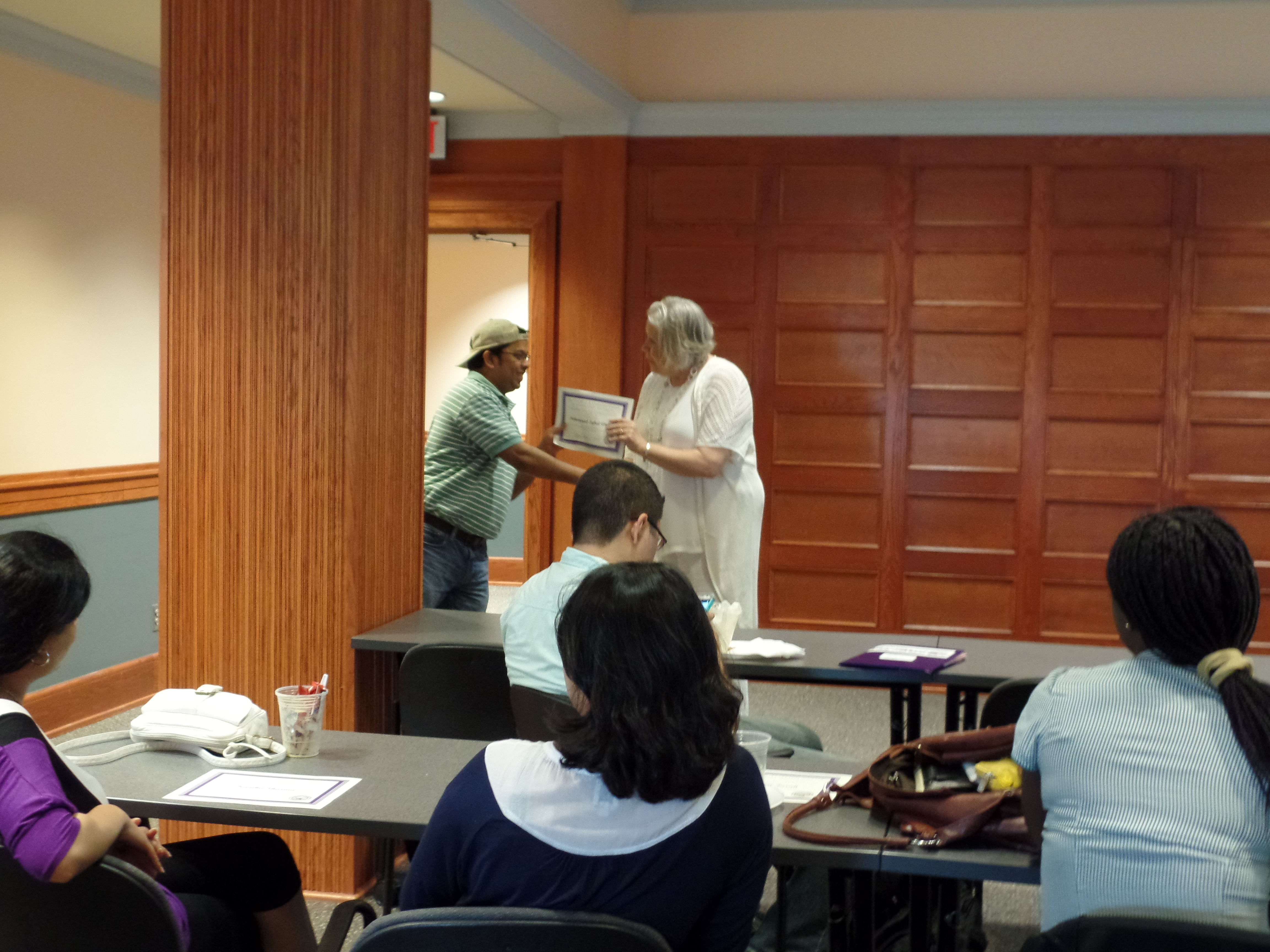
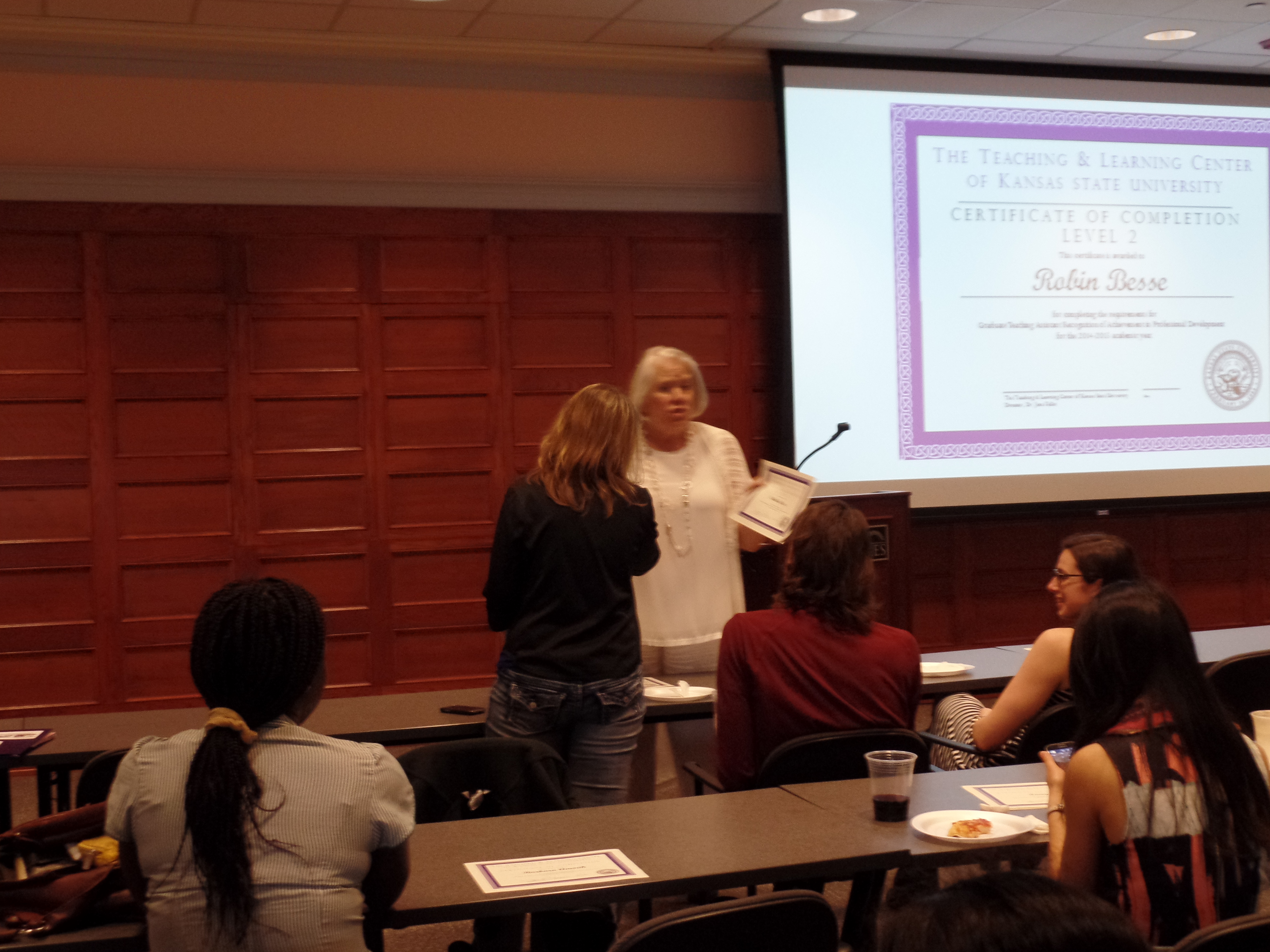

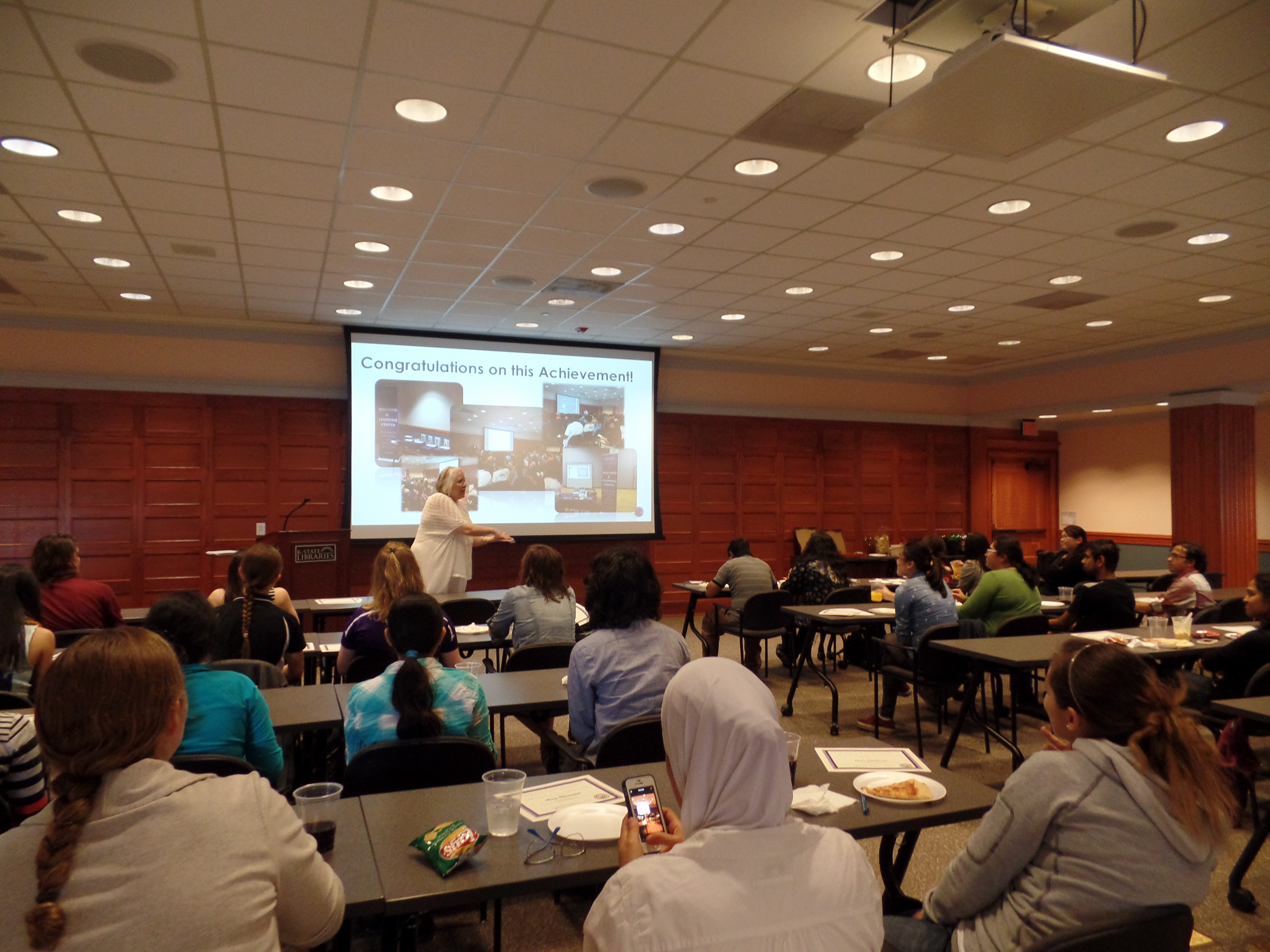






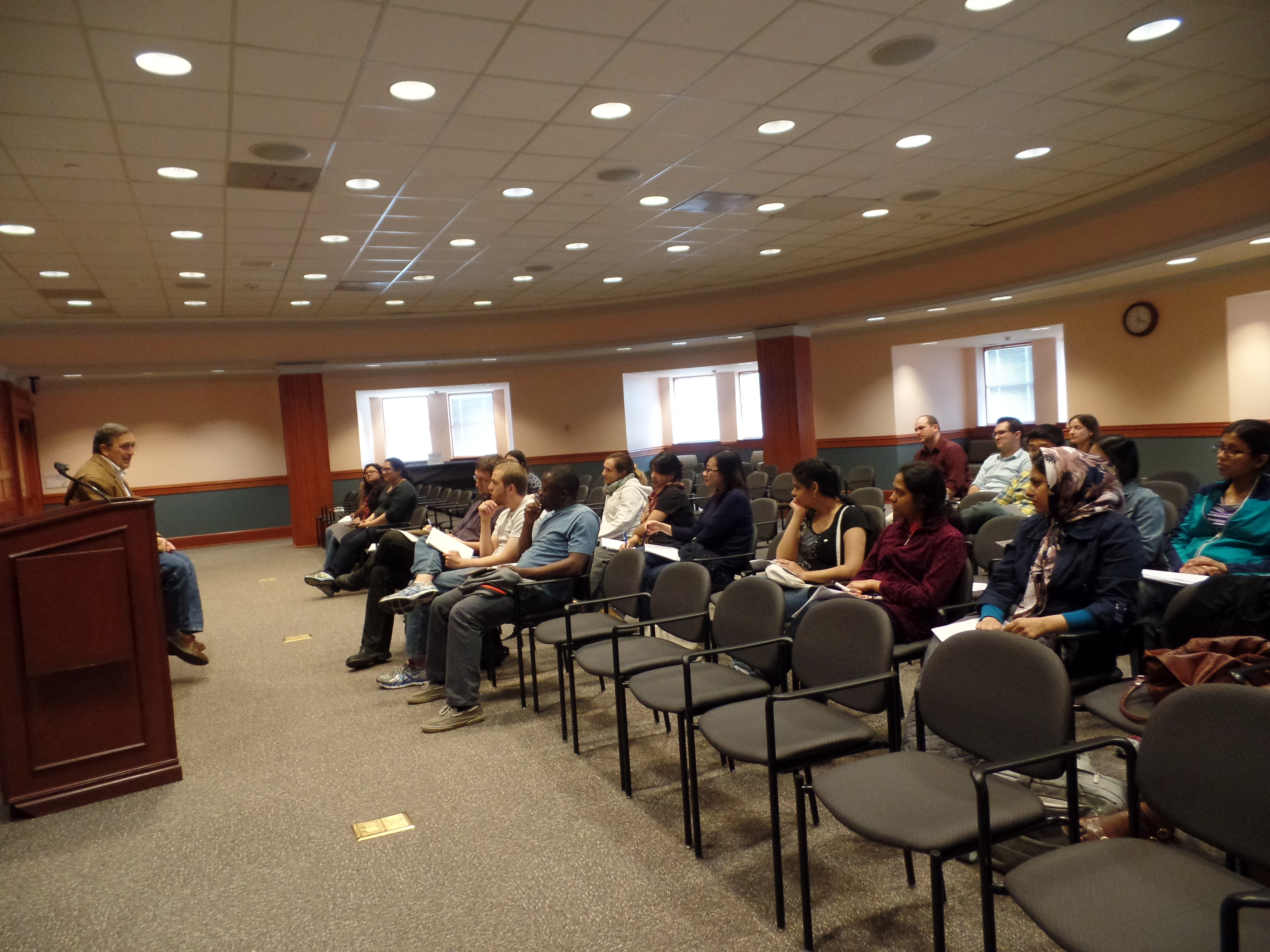
Recent Comments